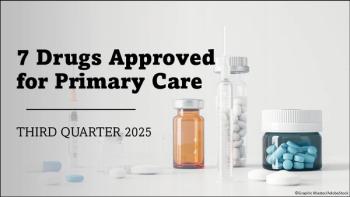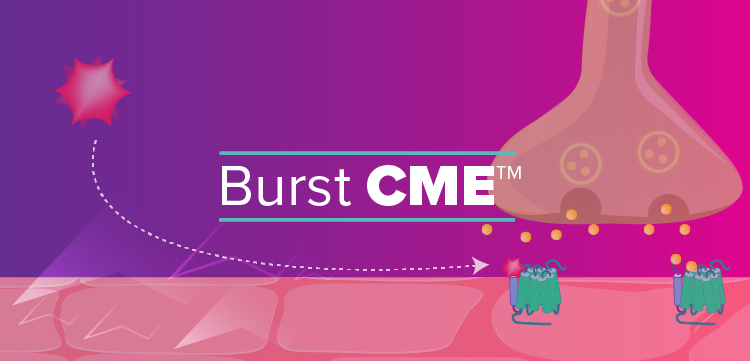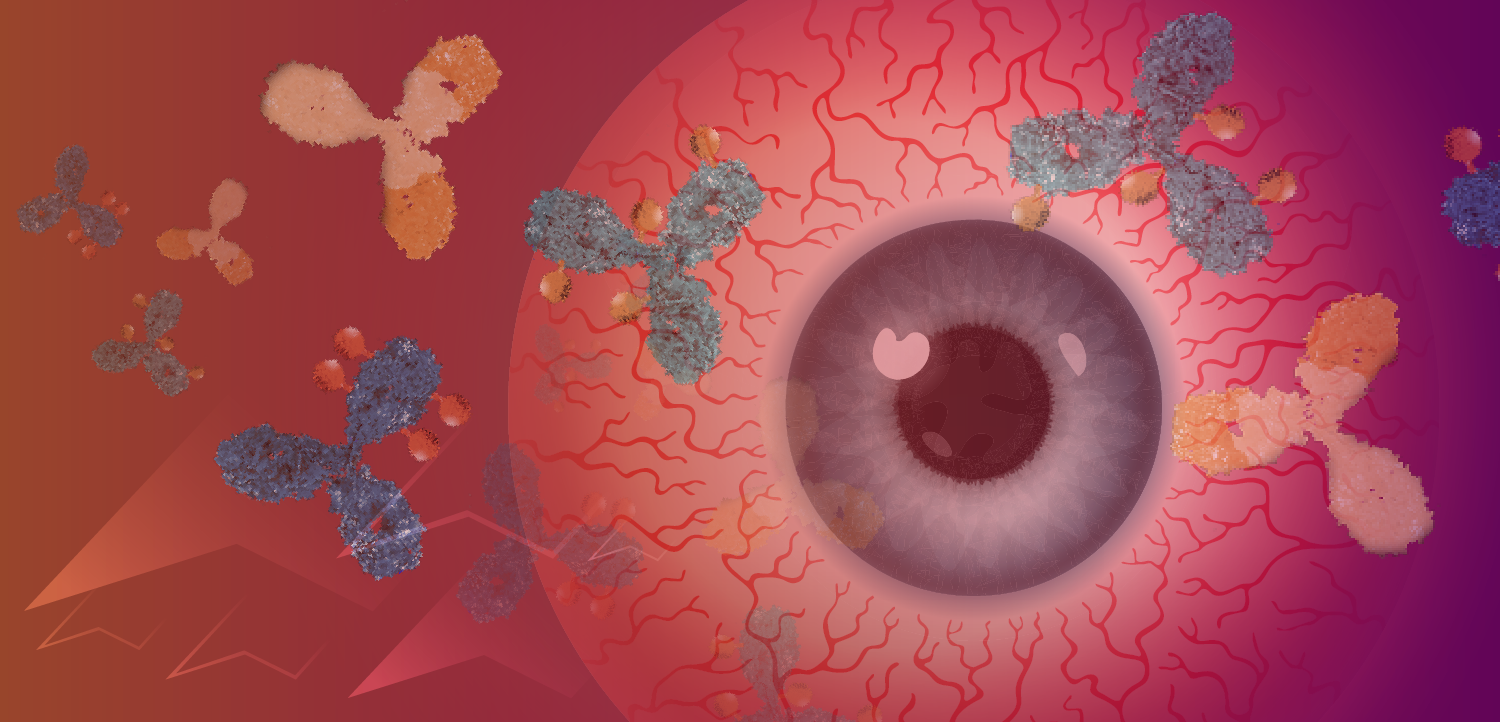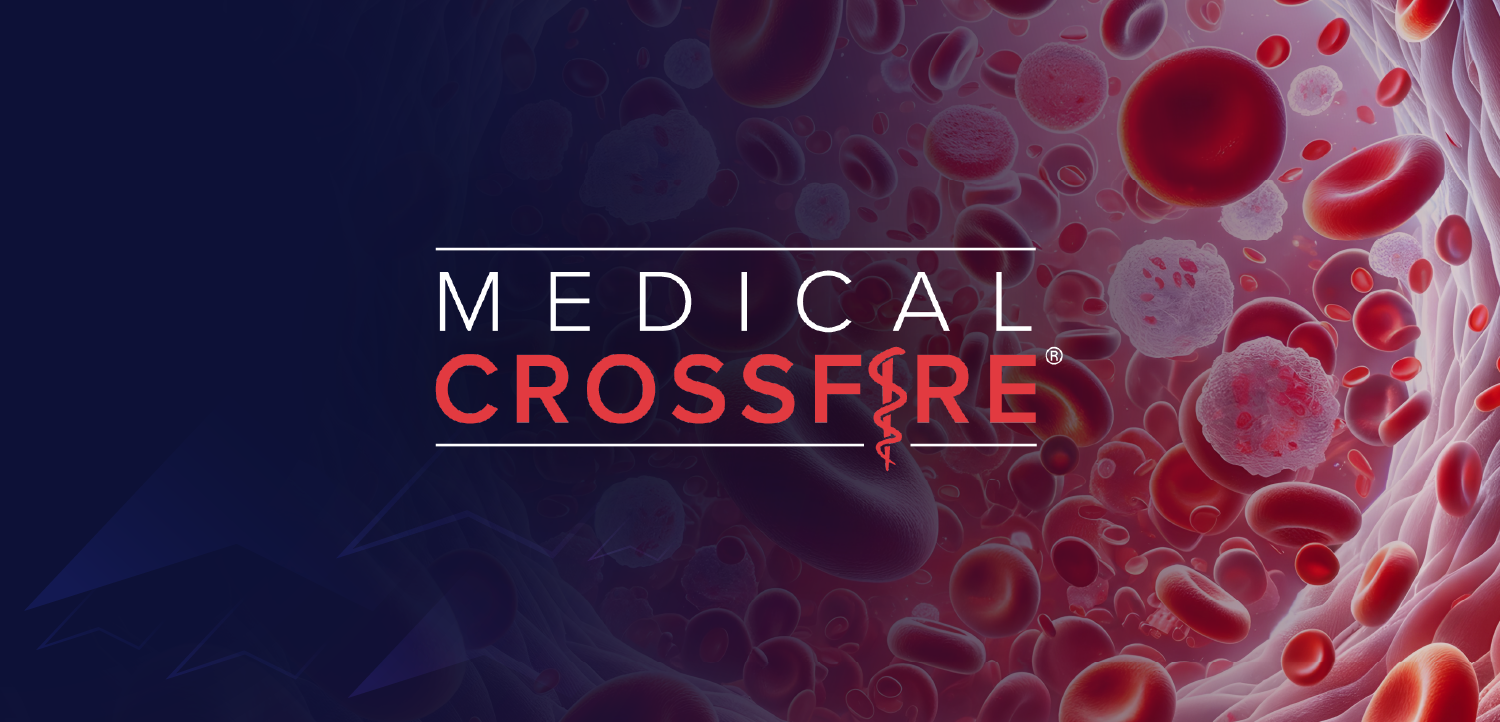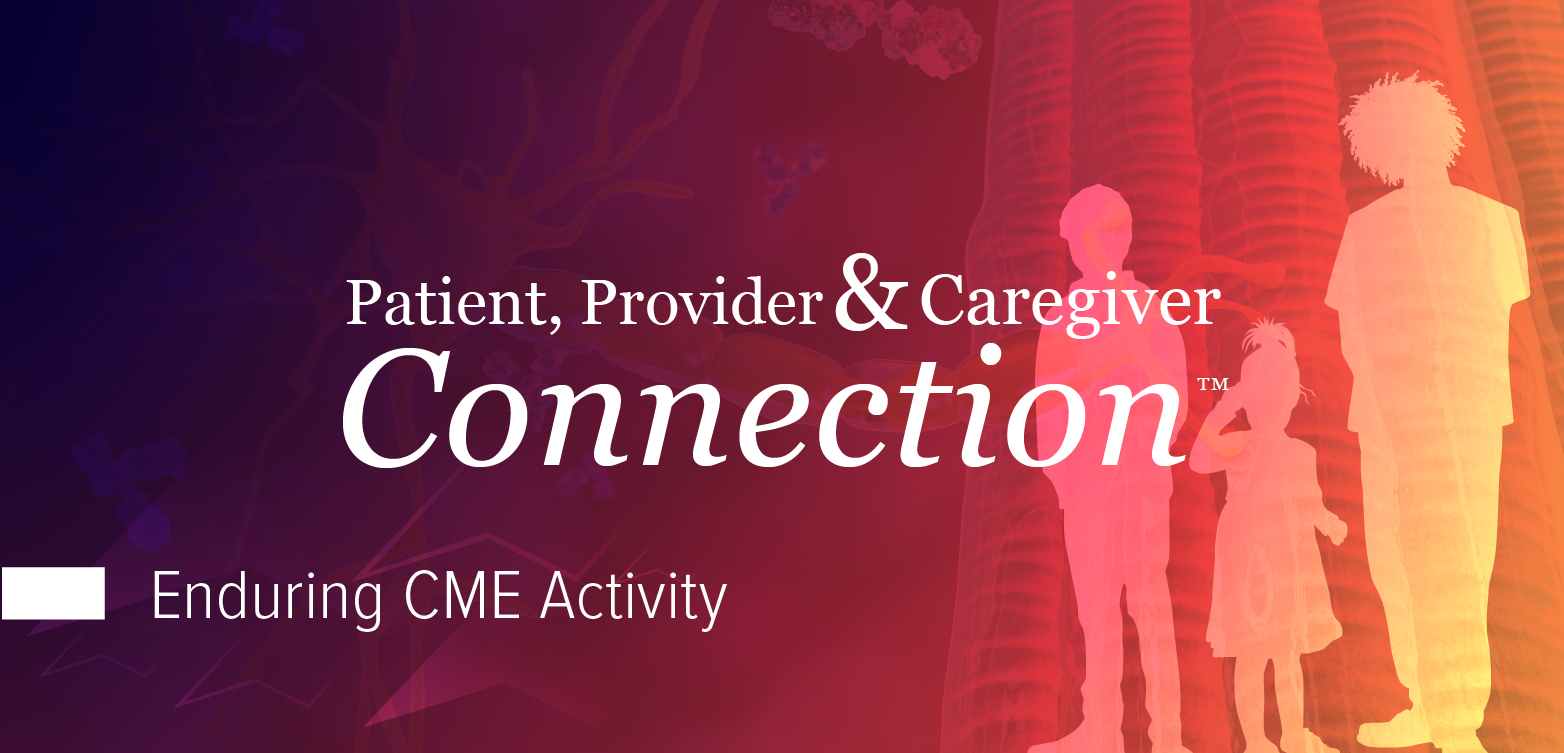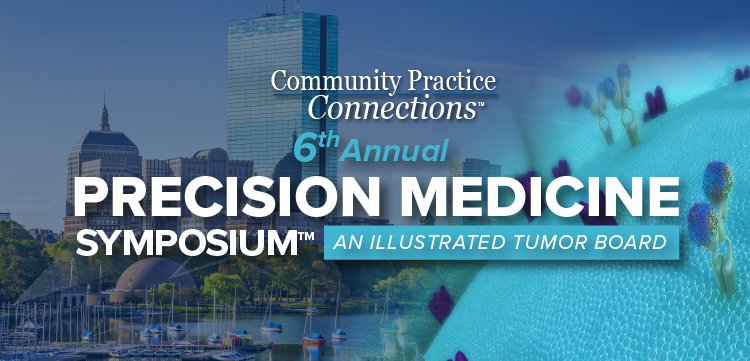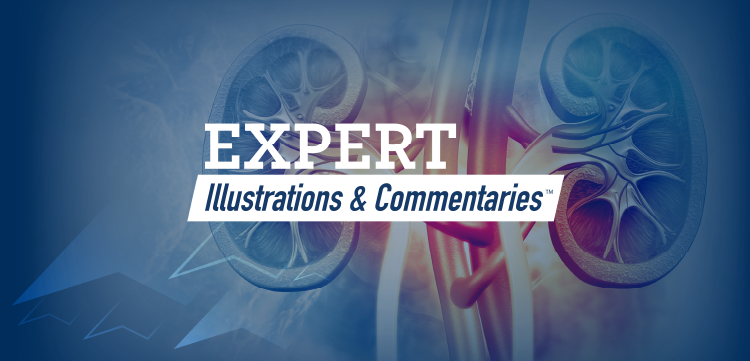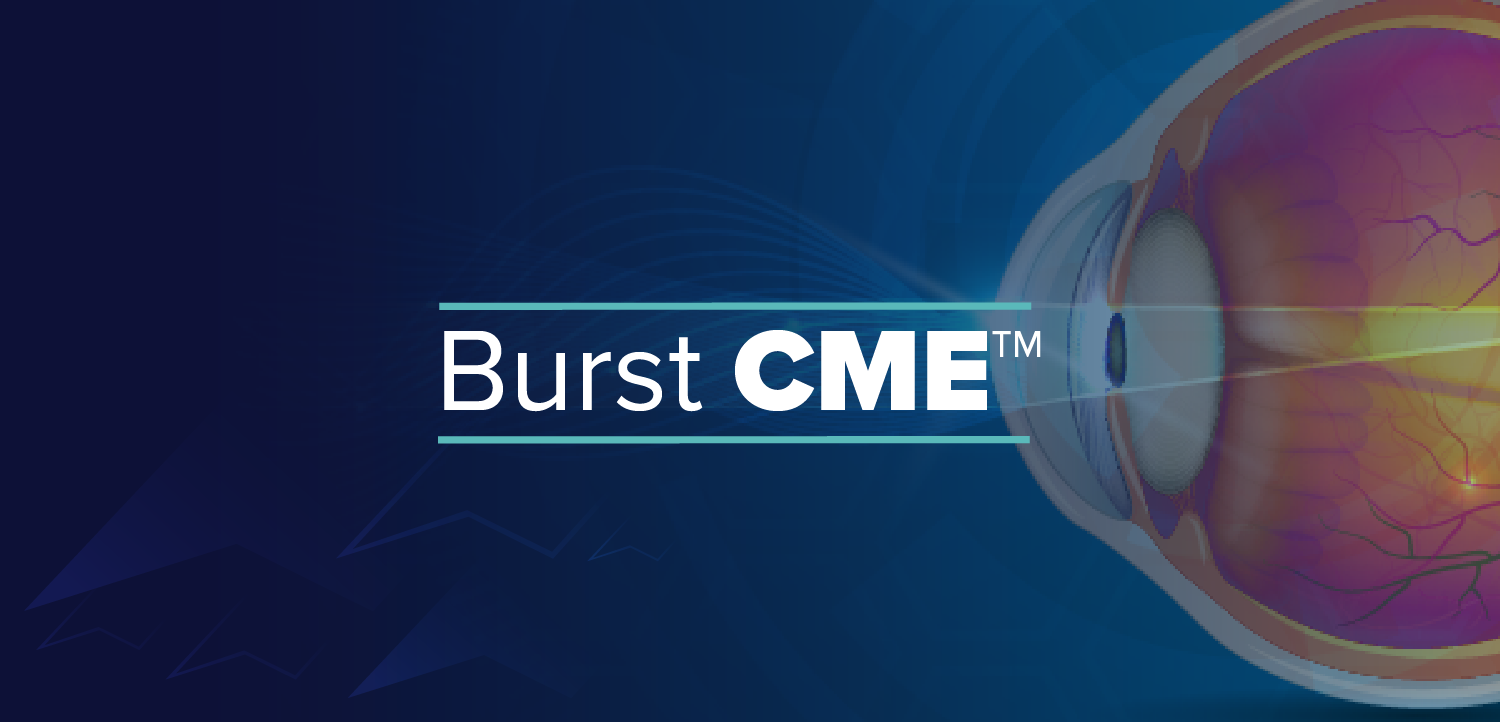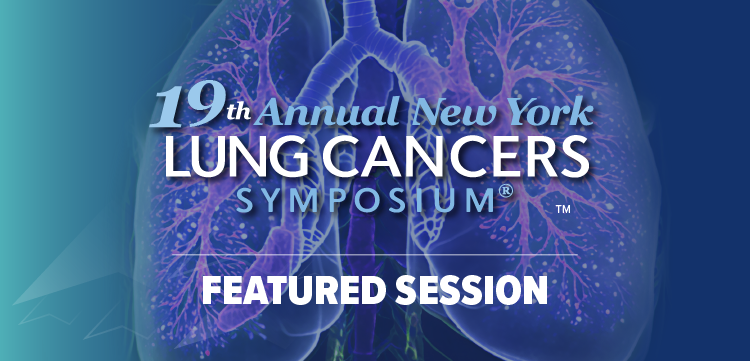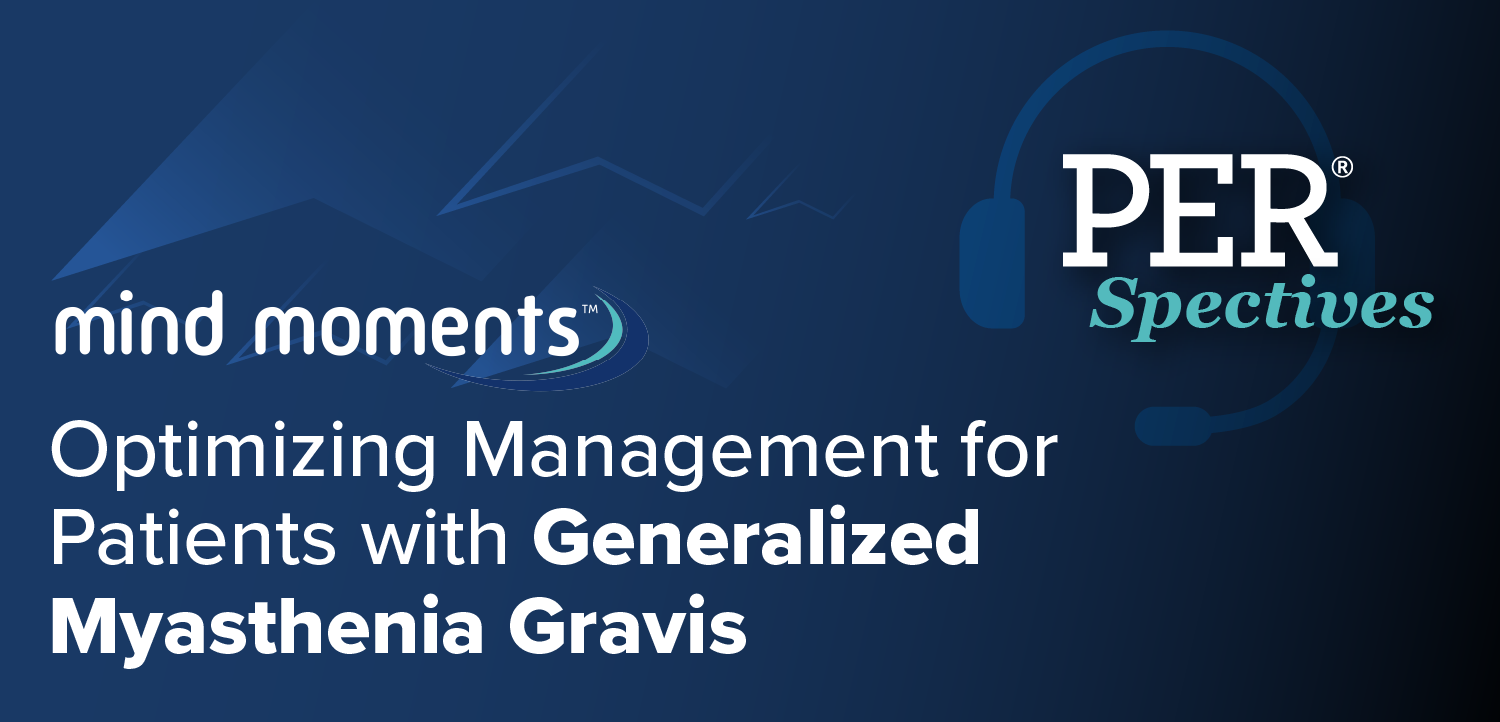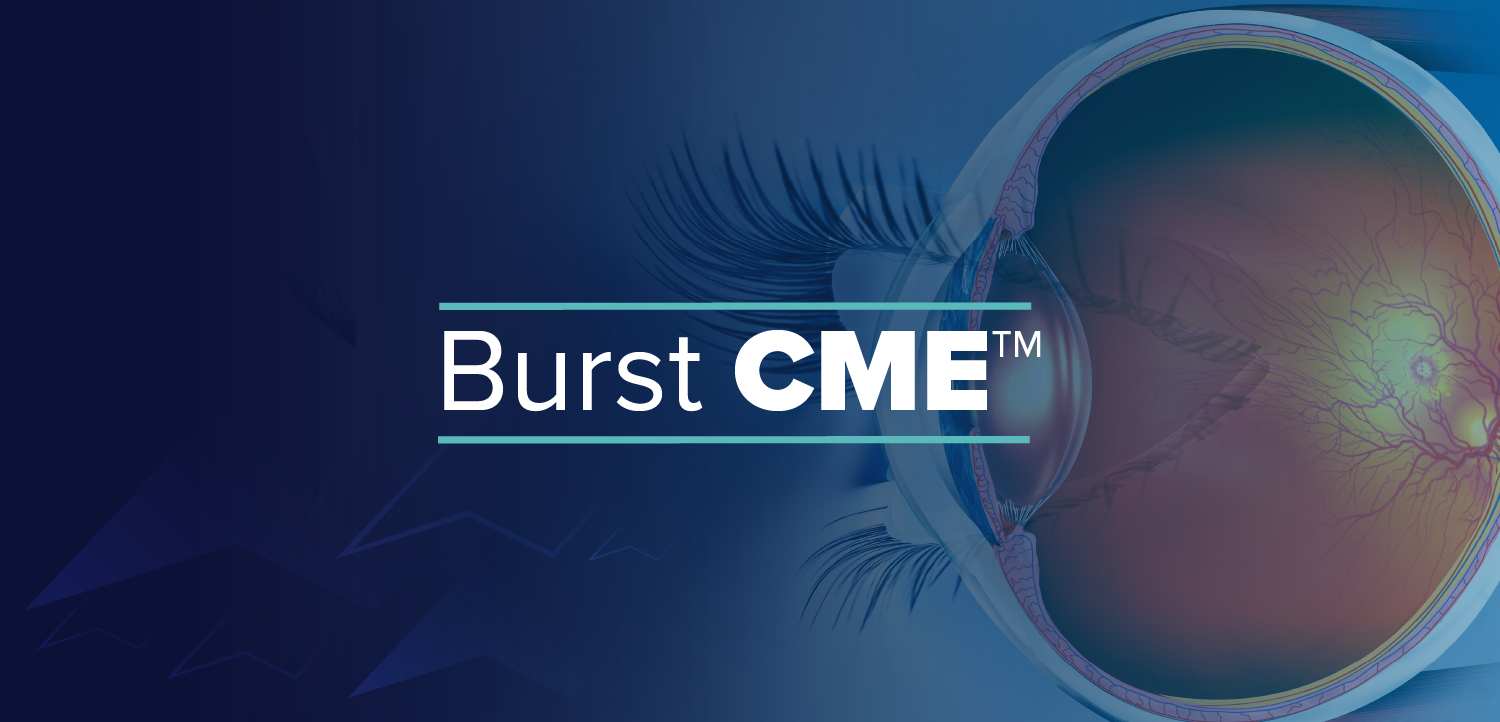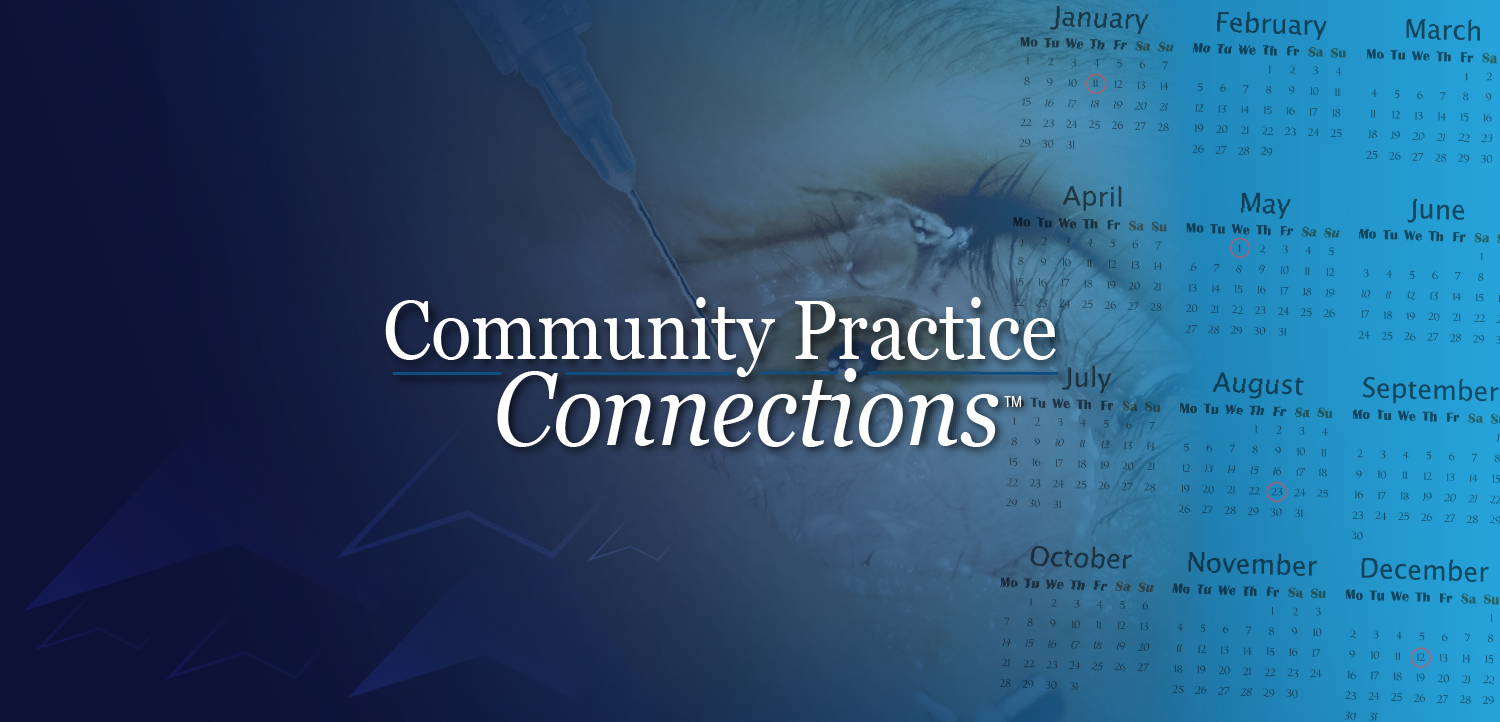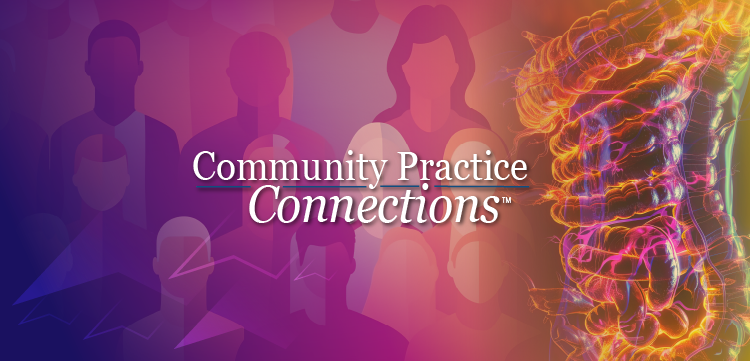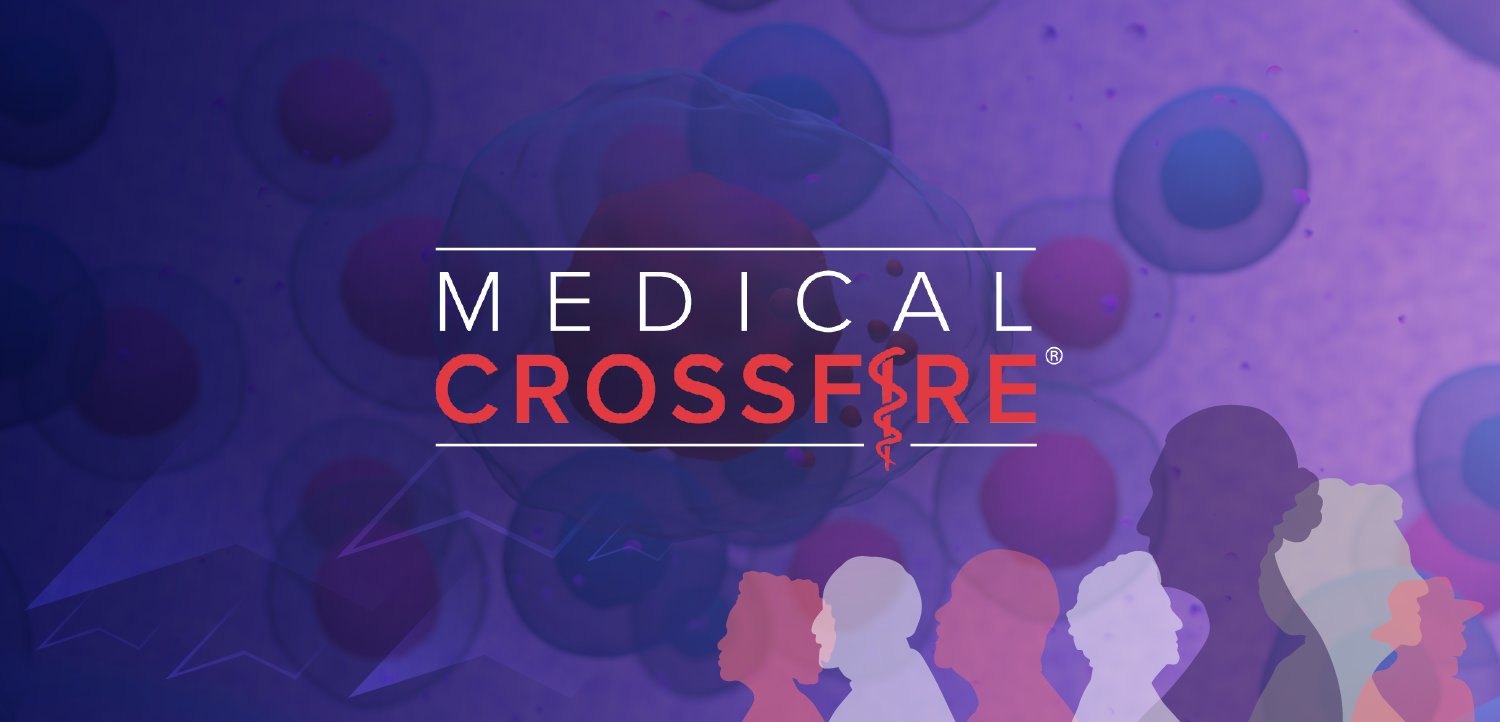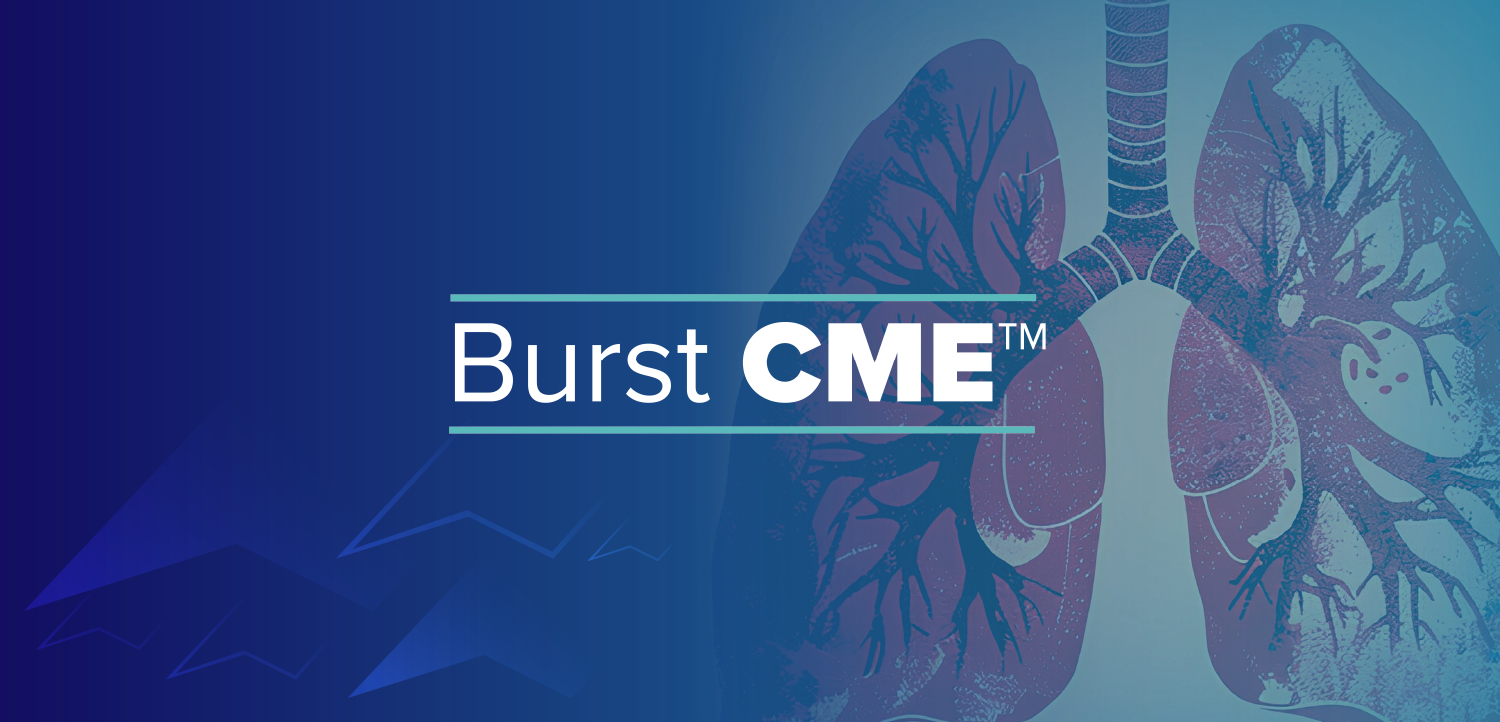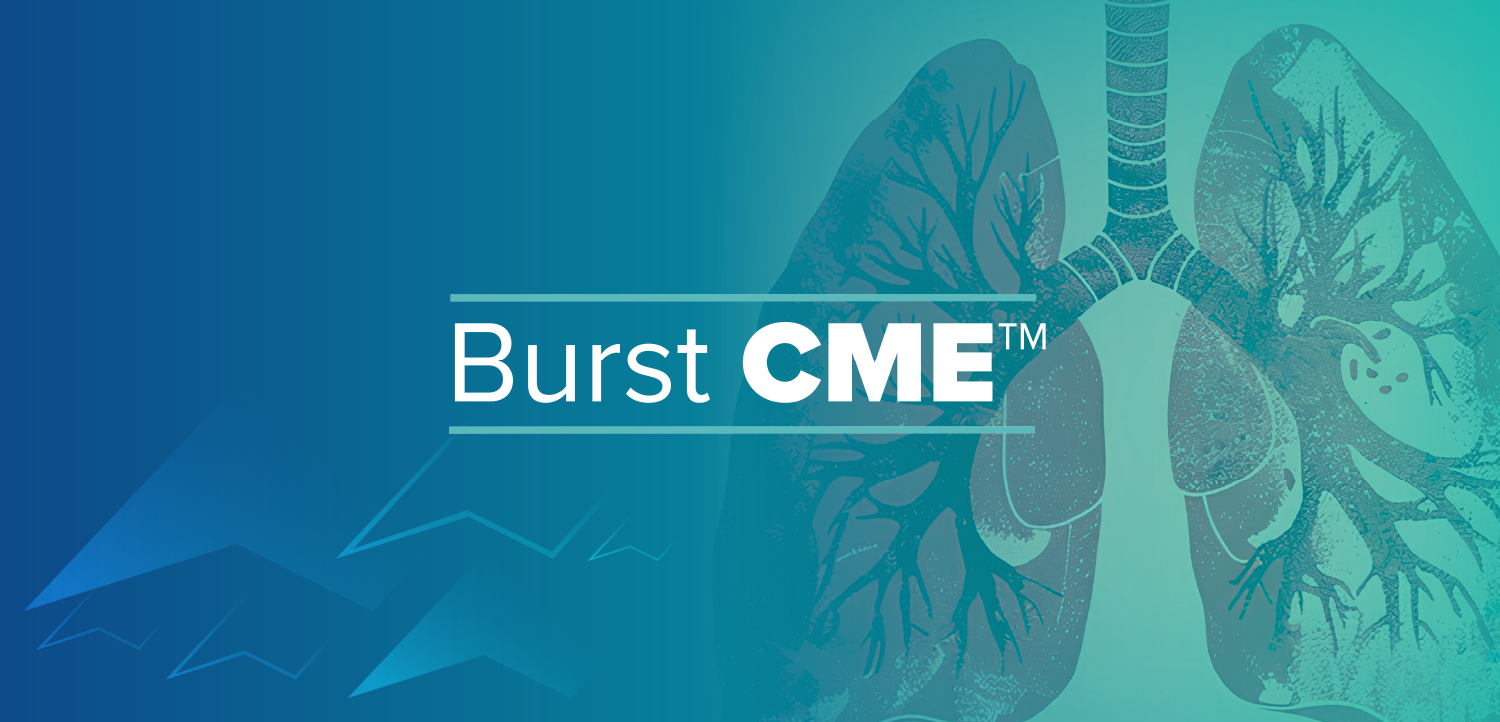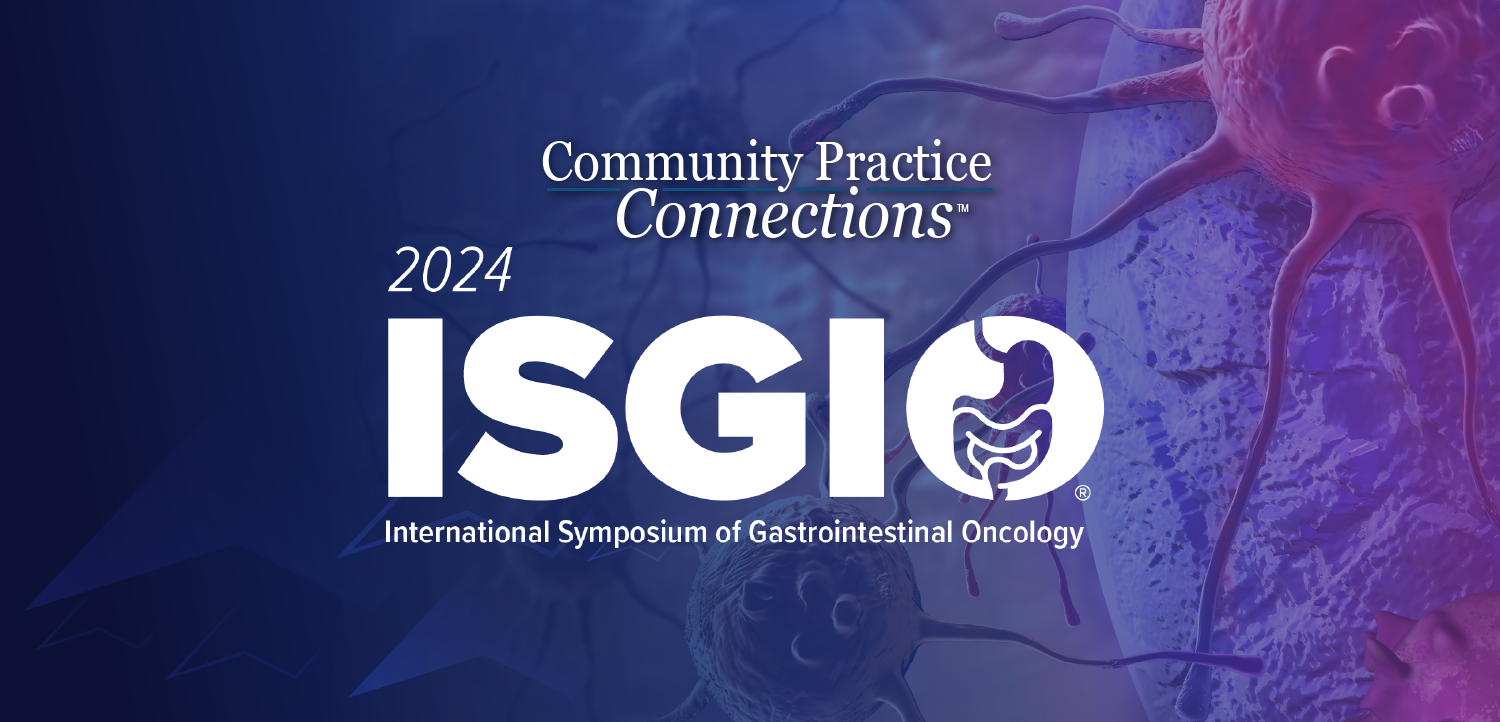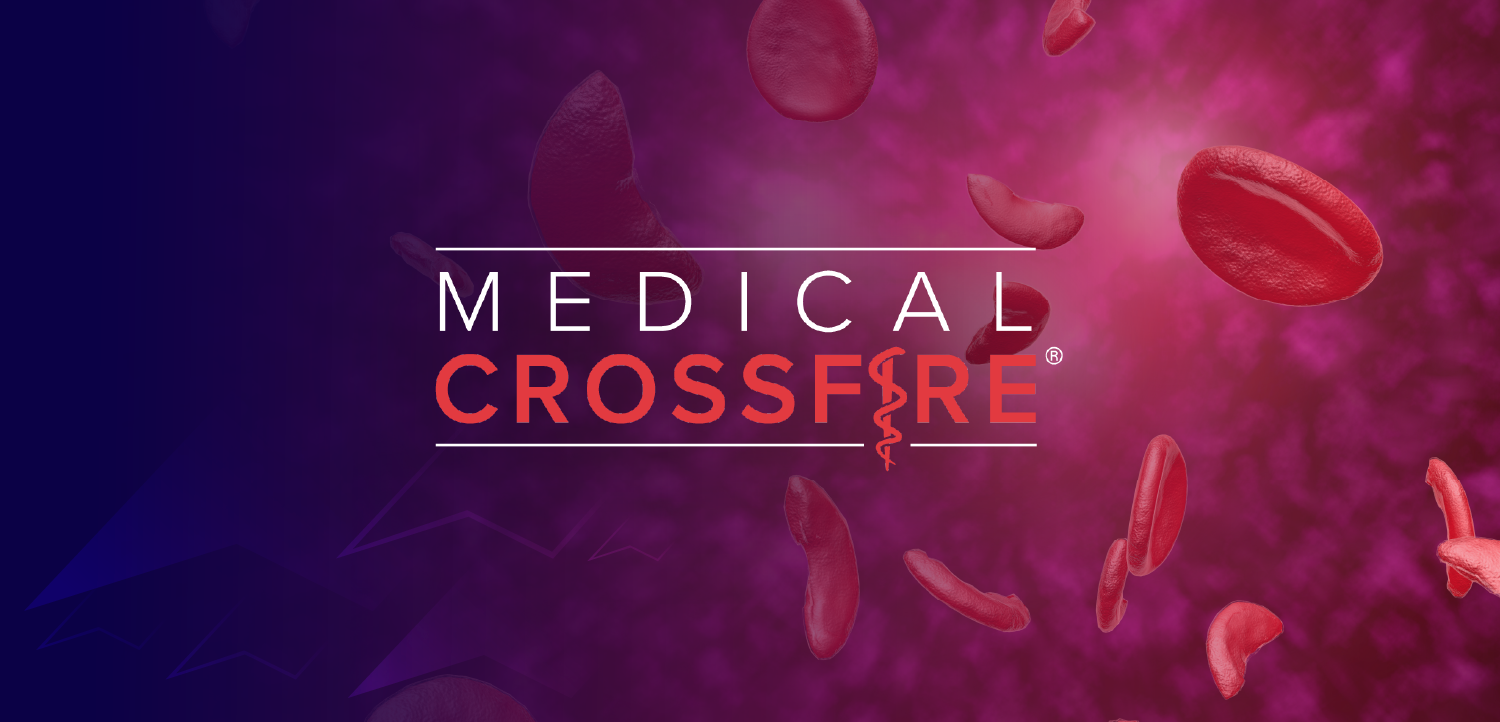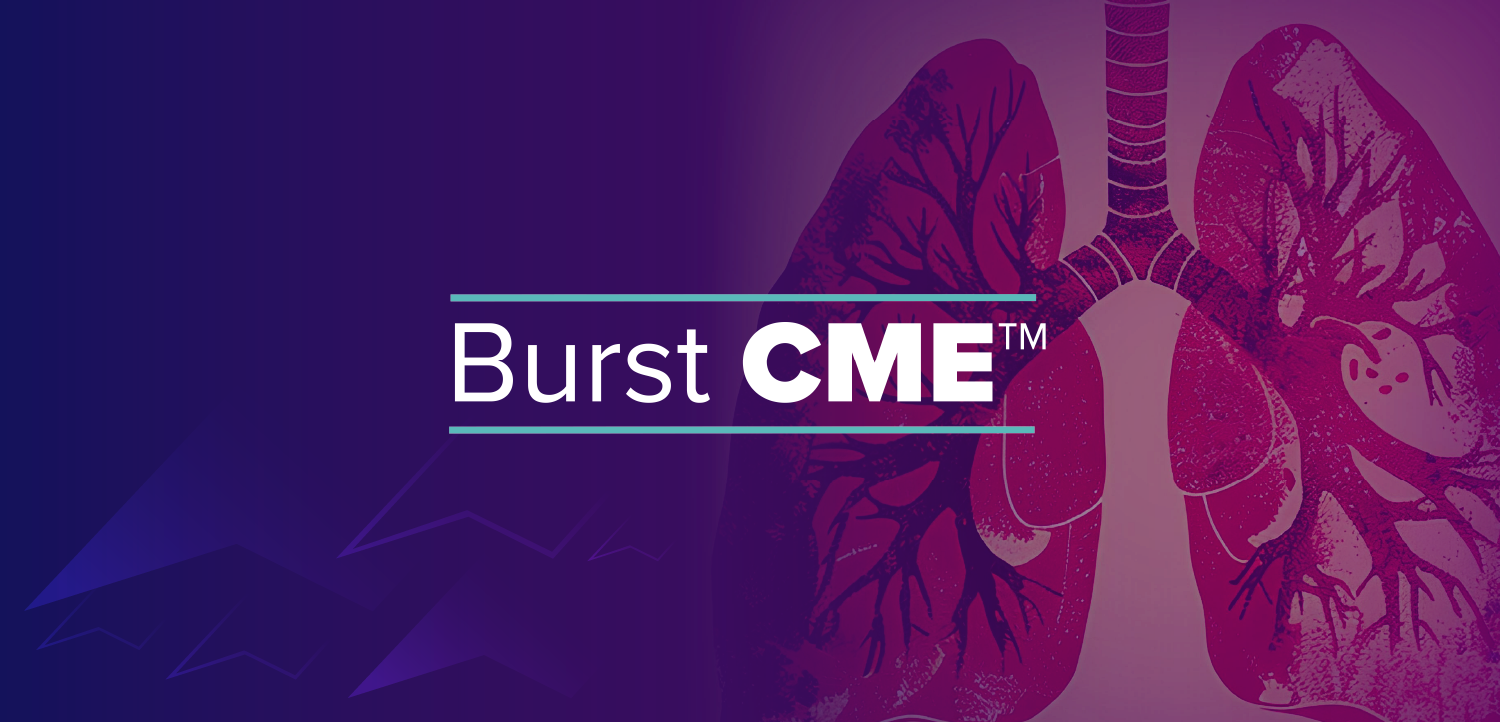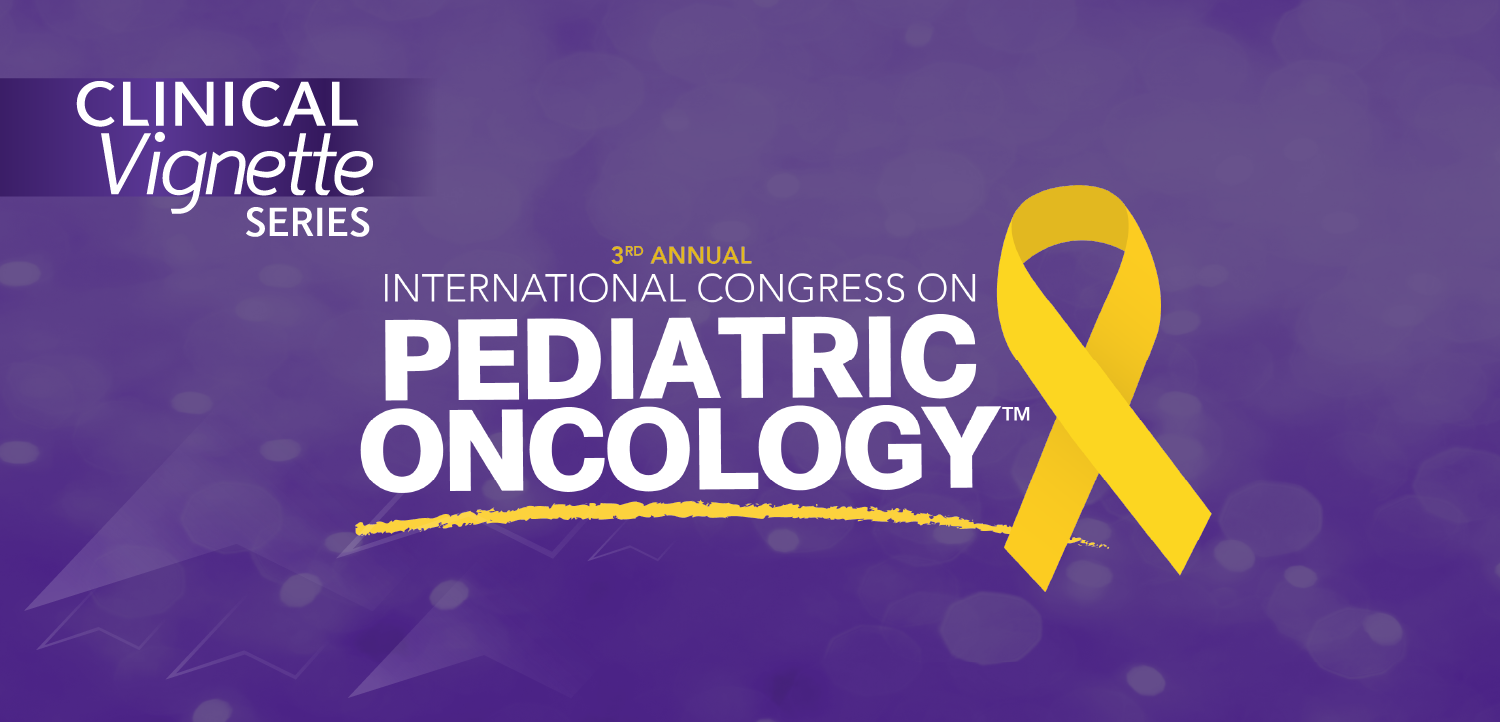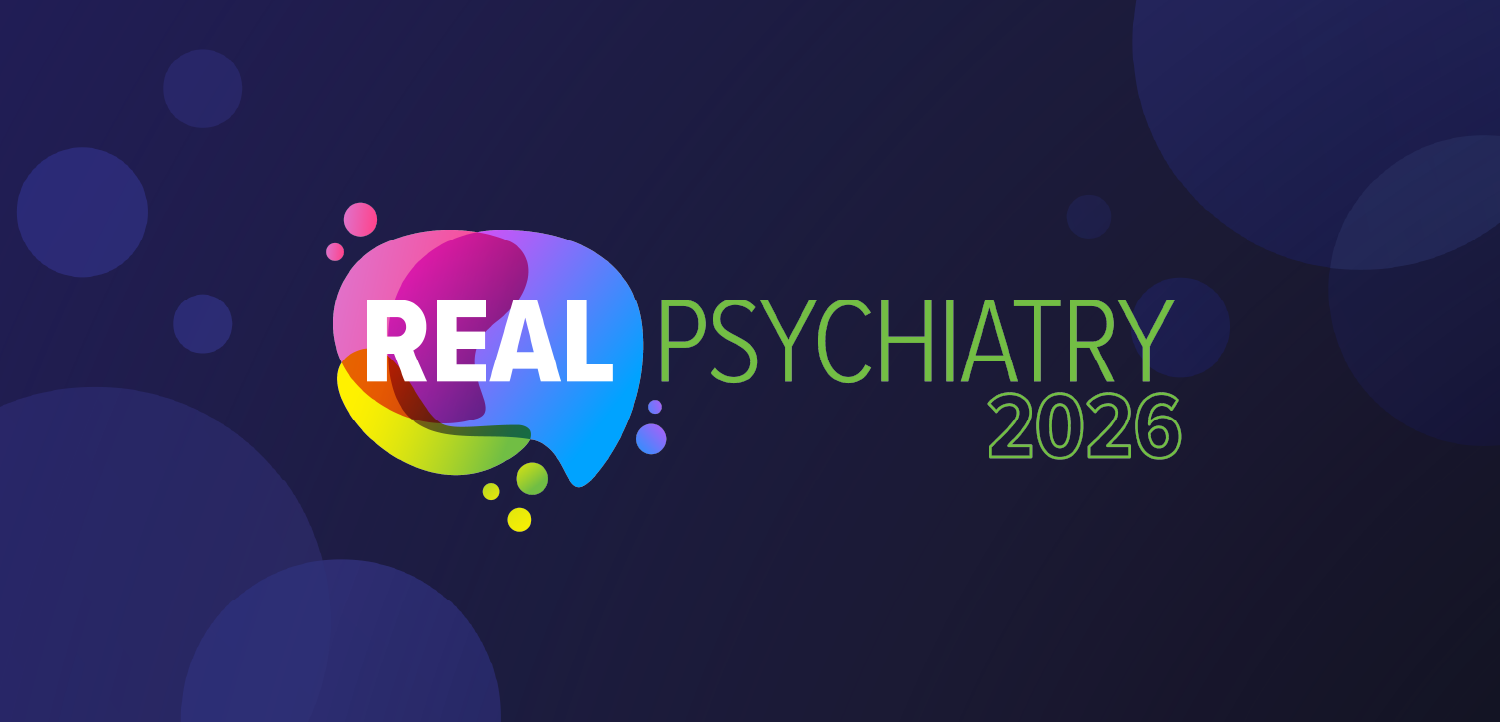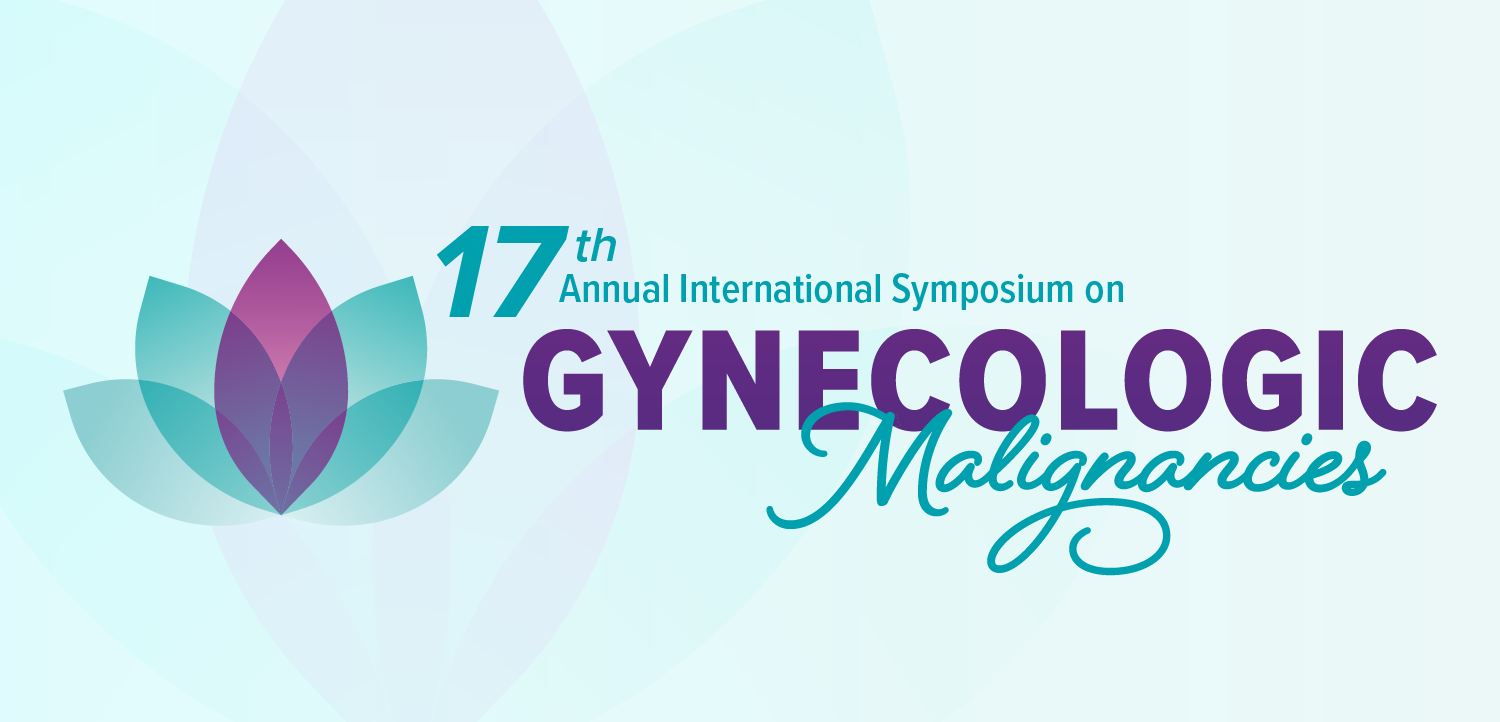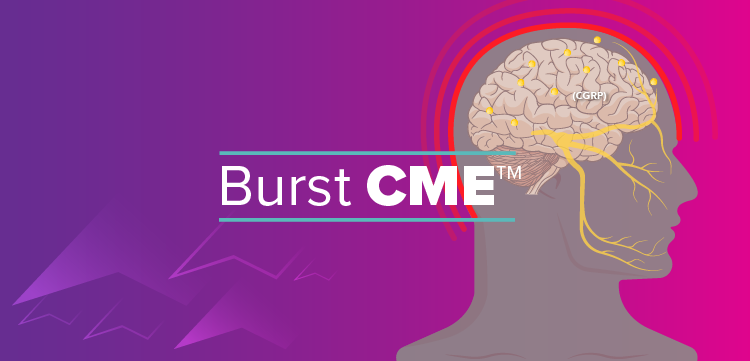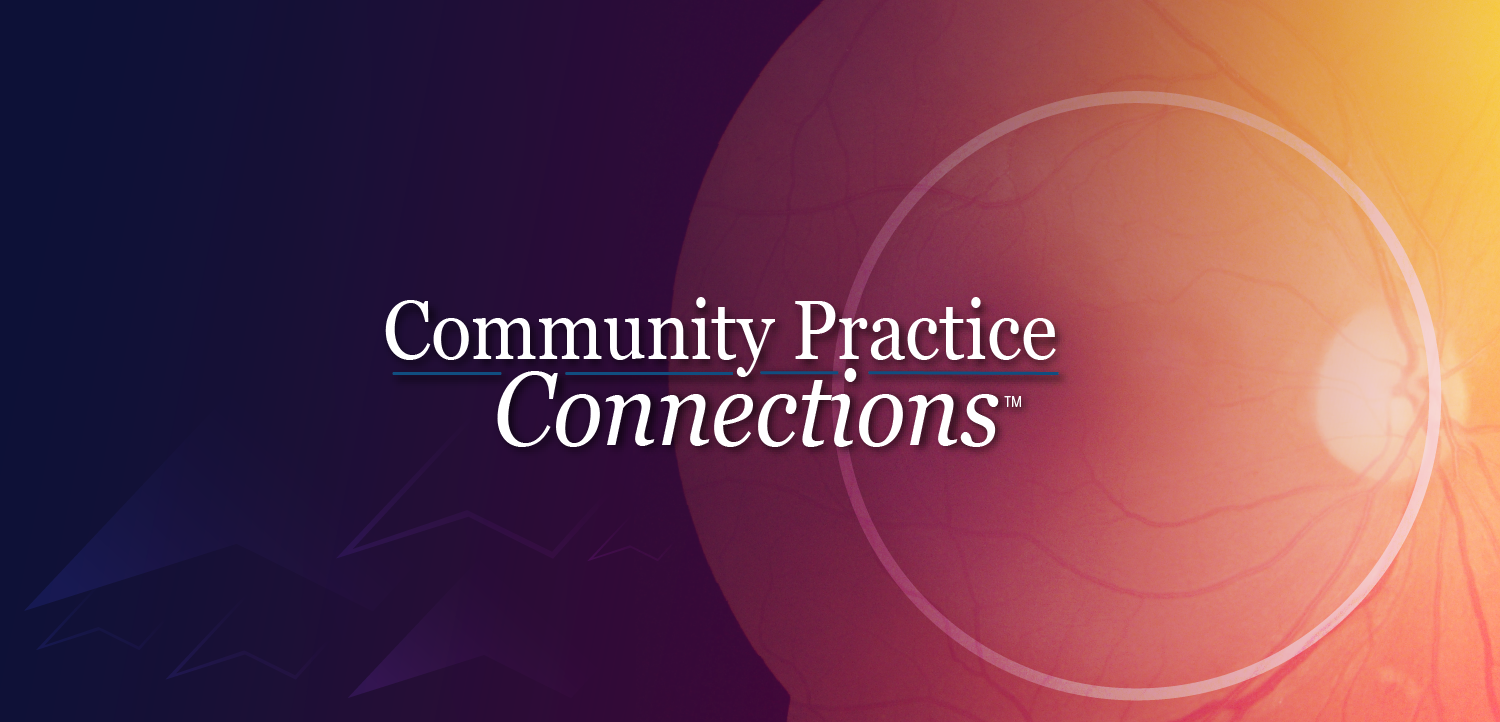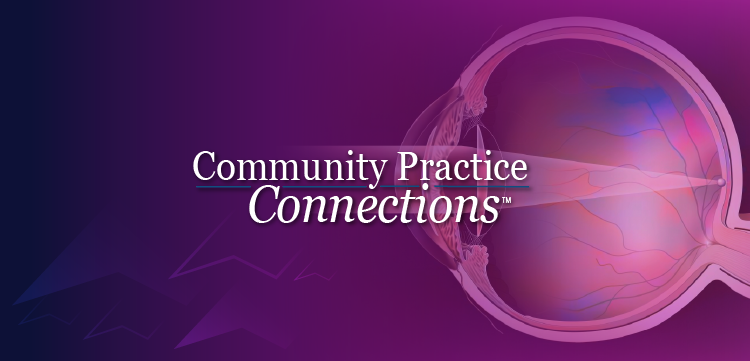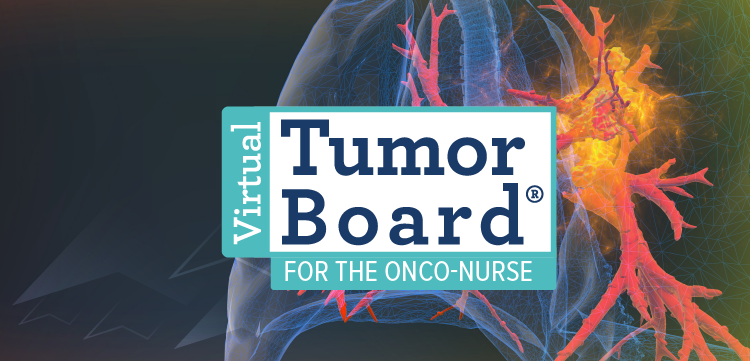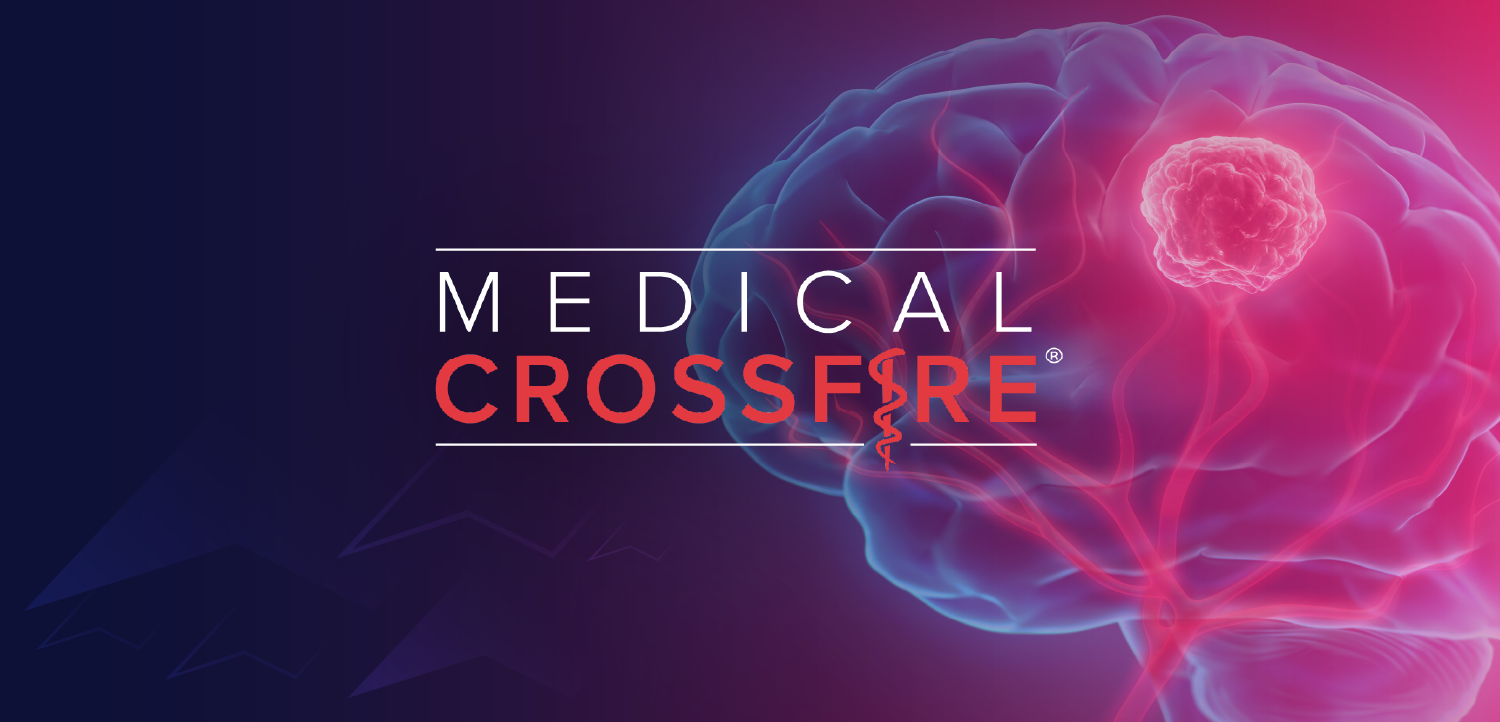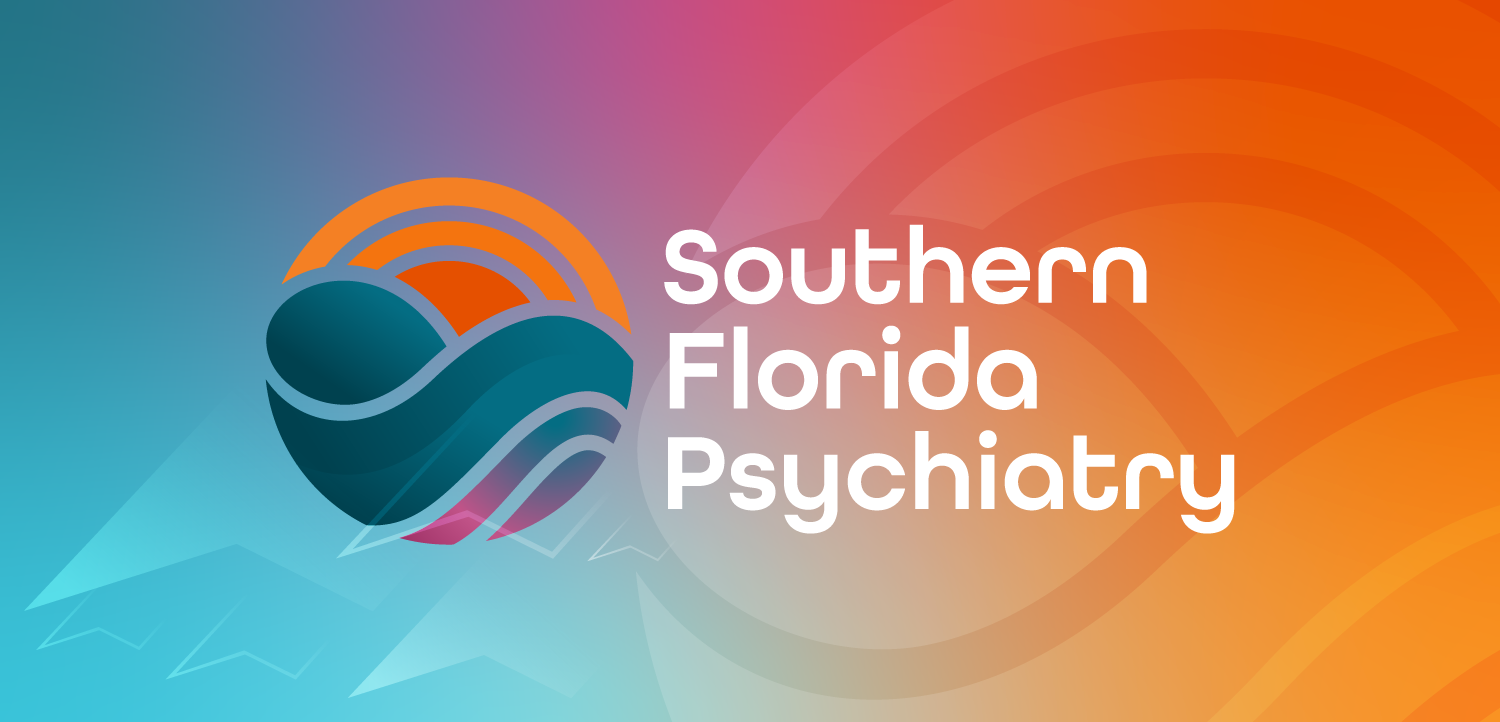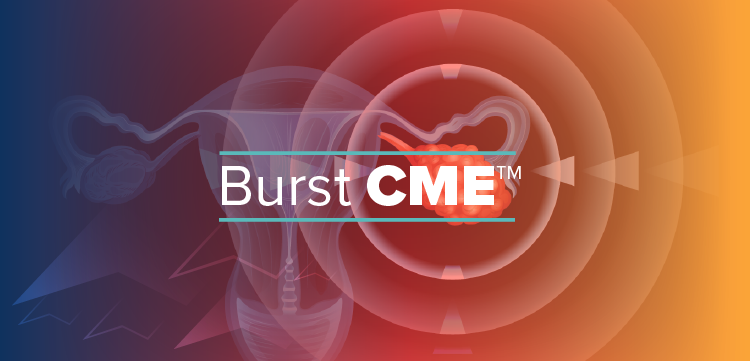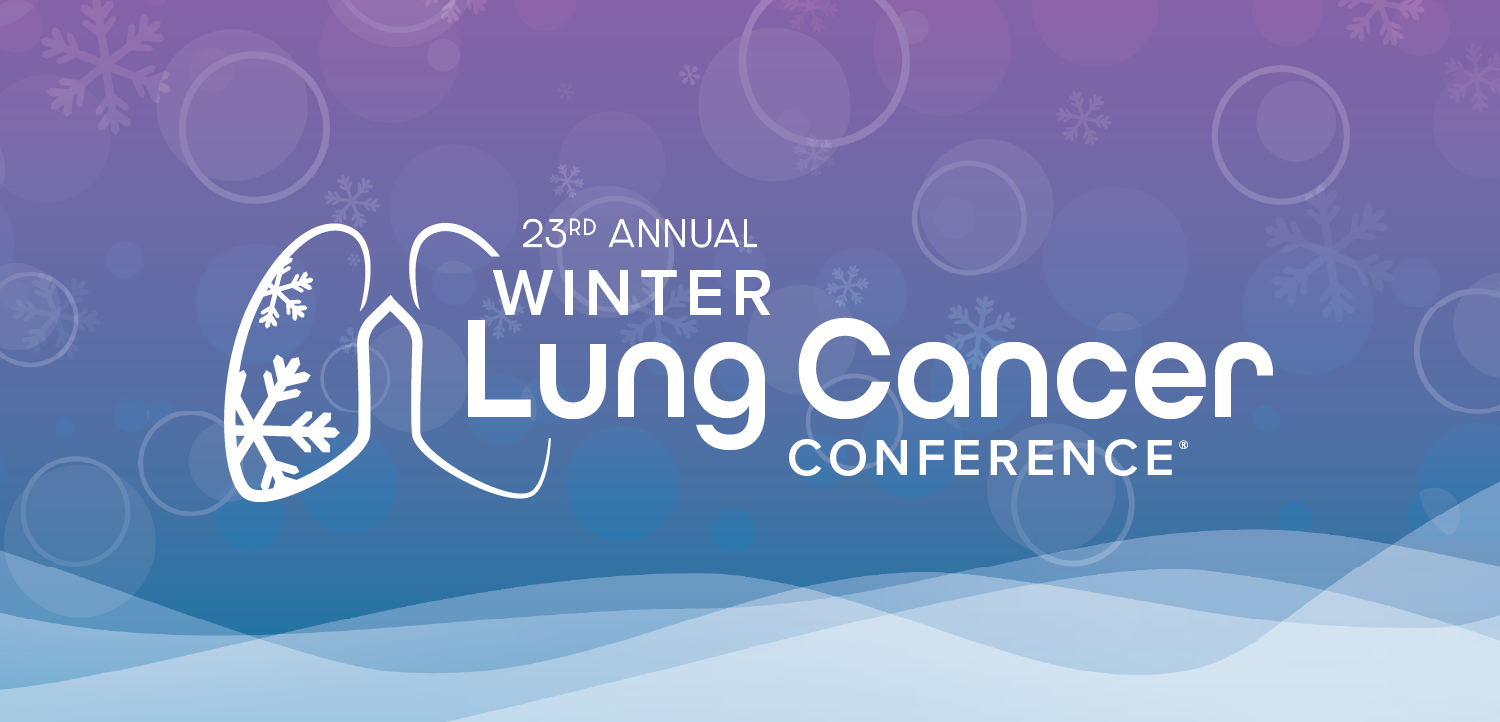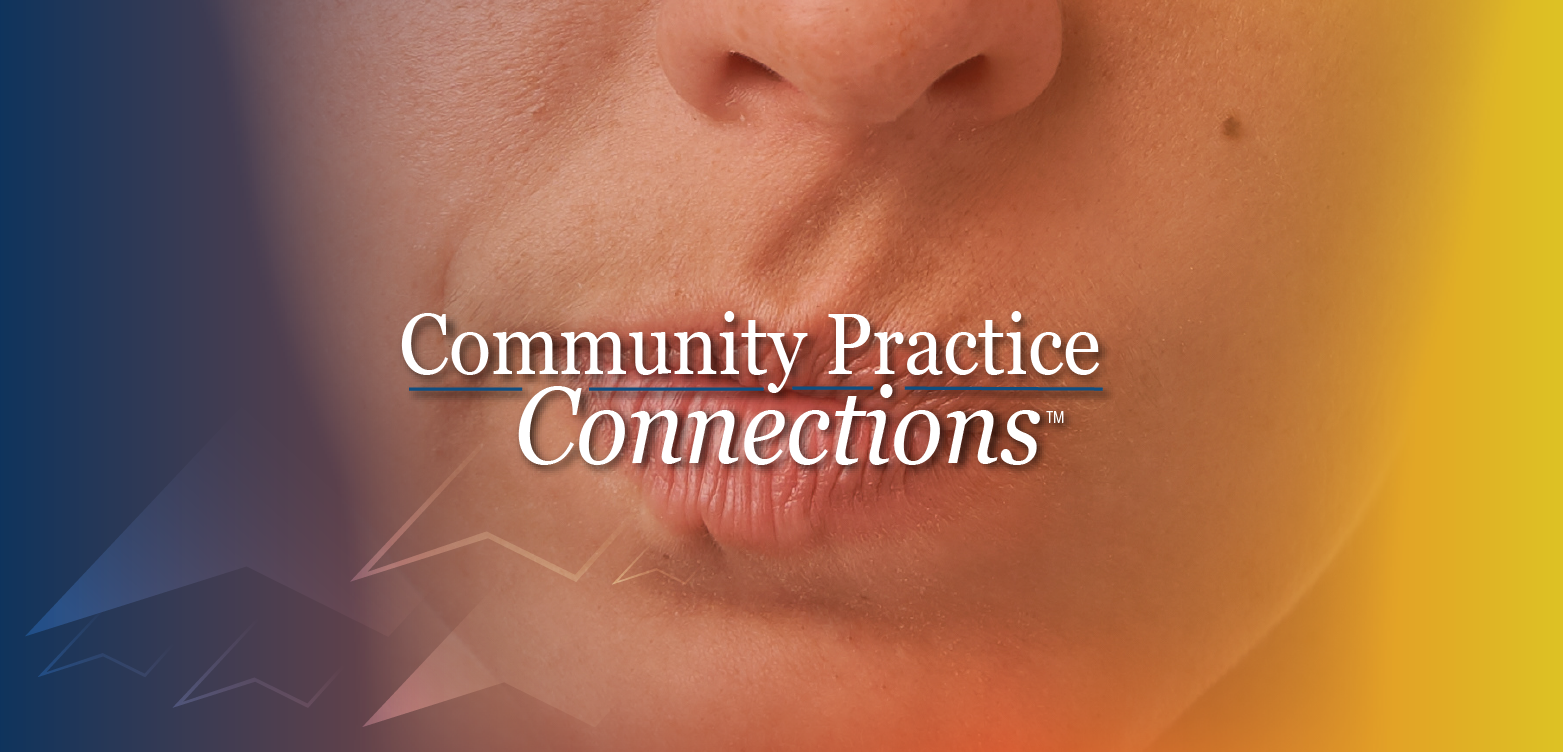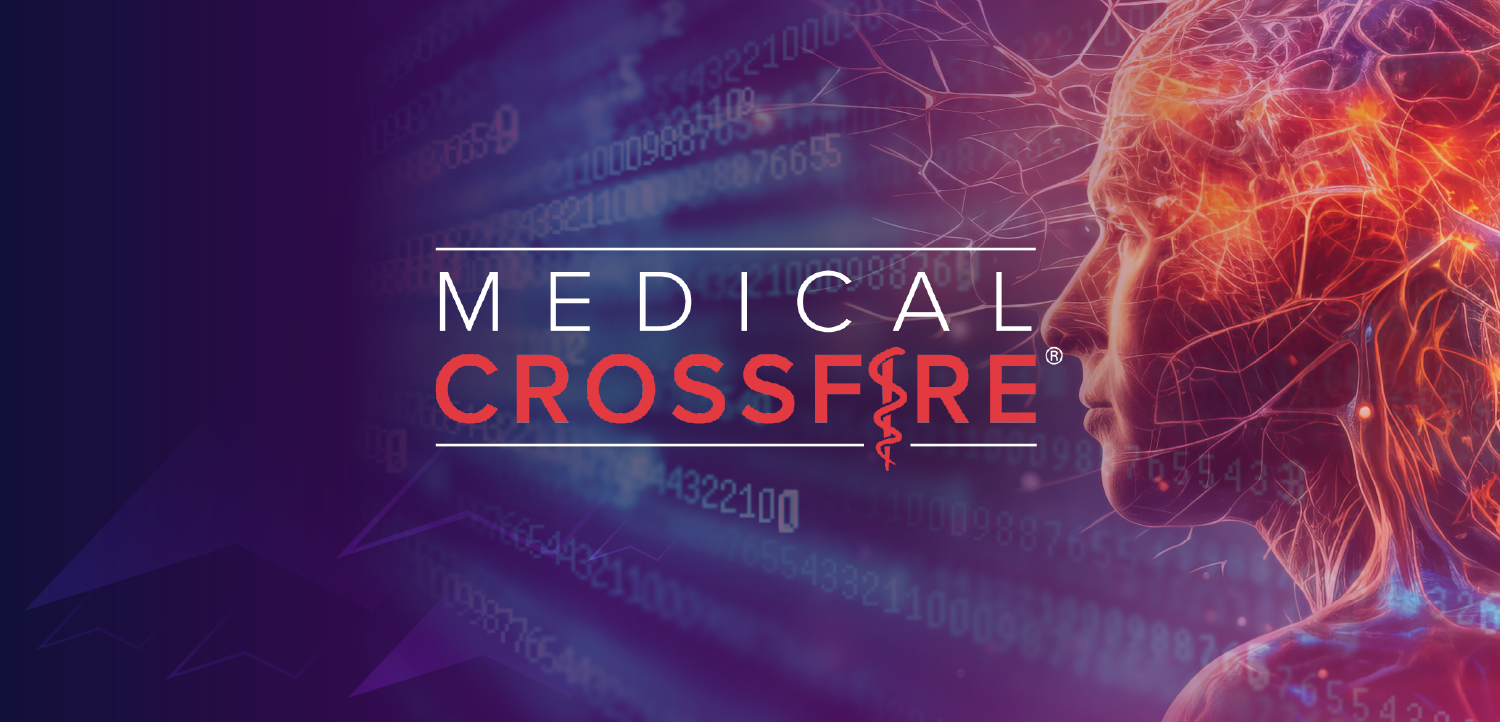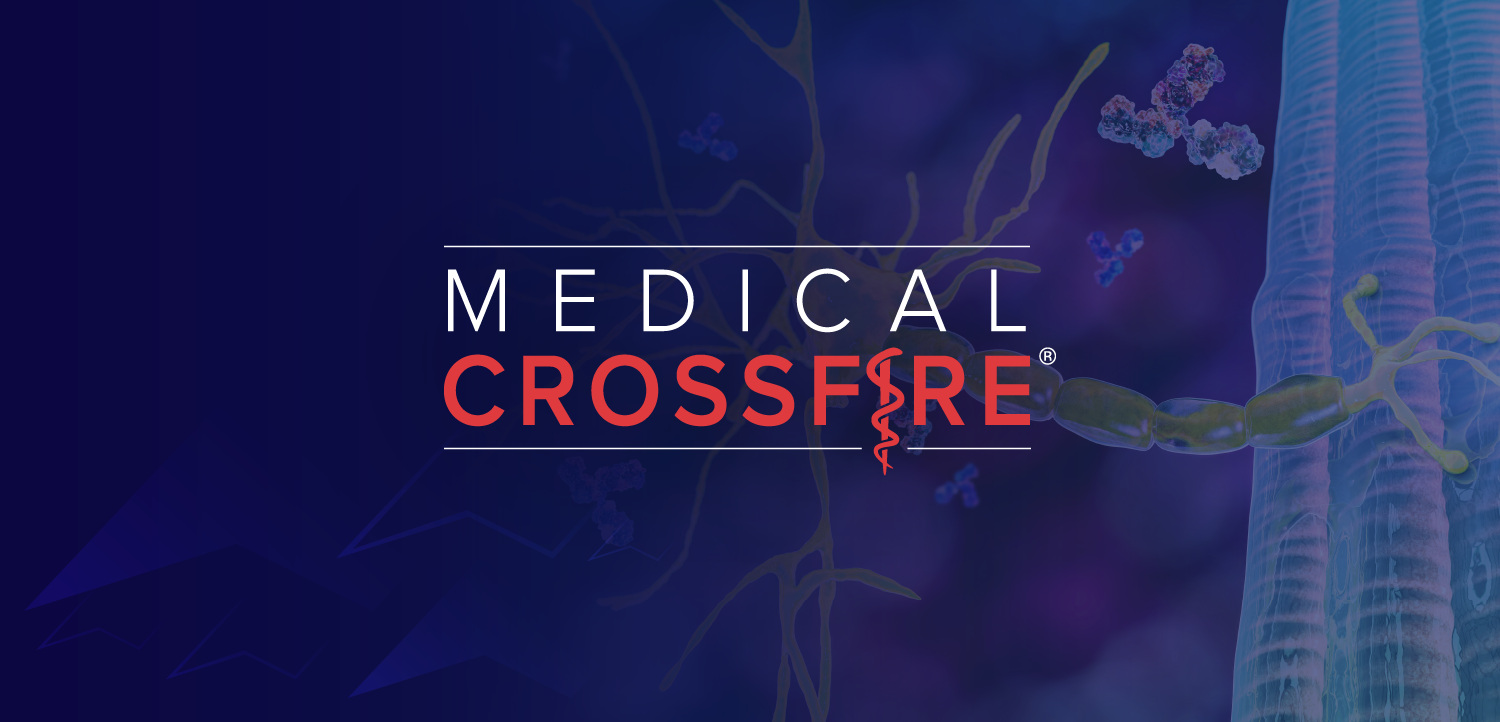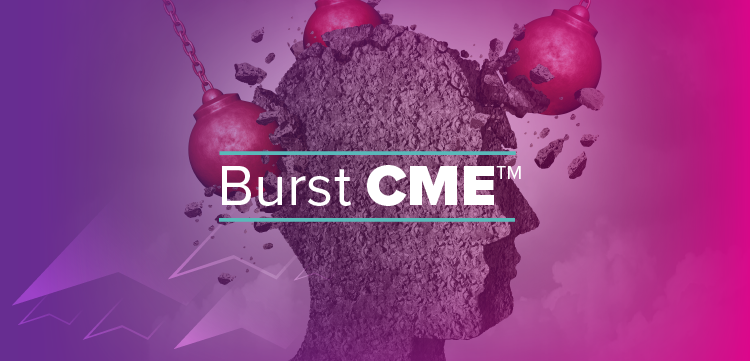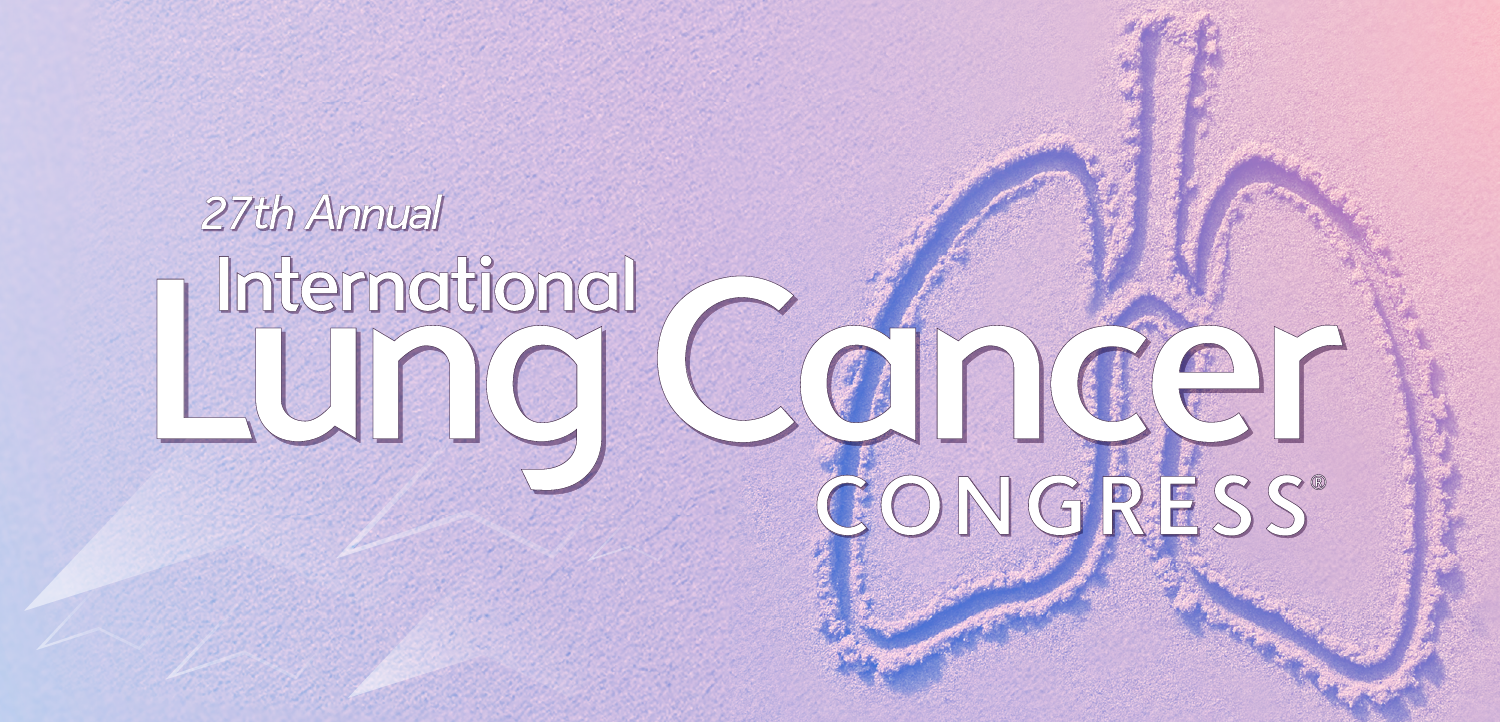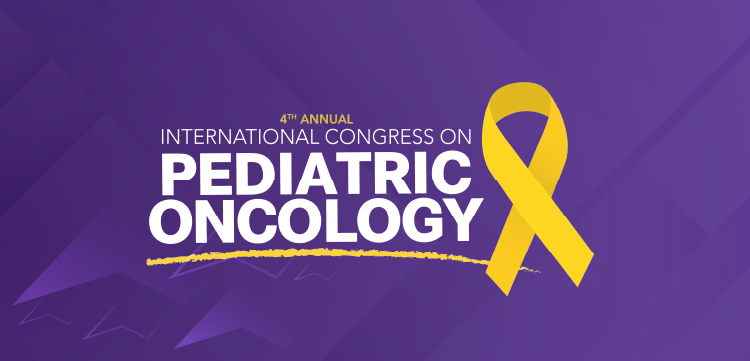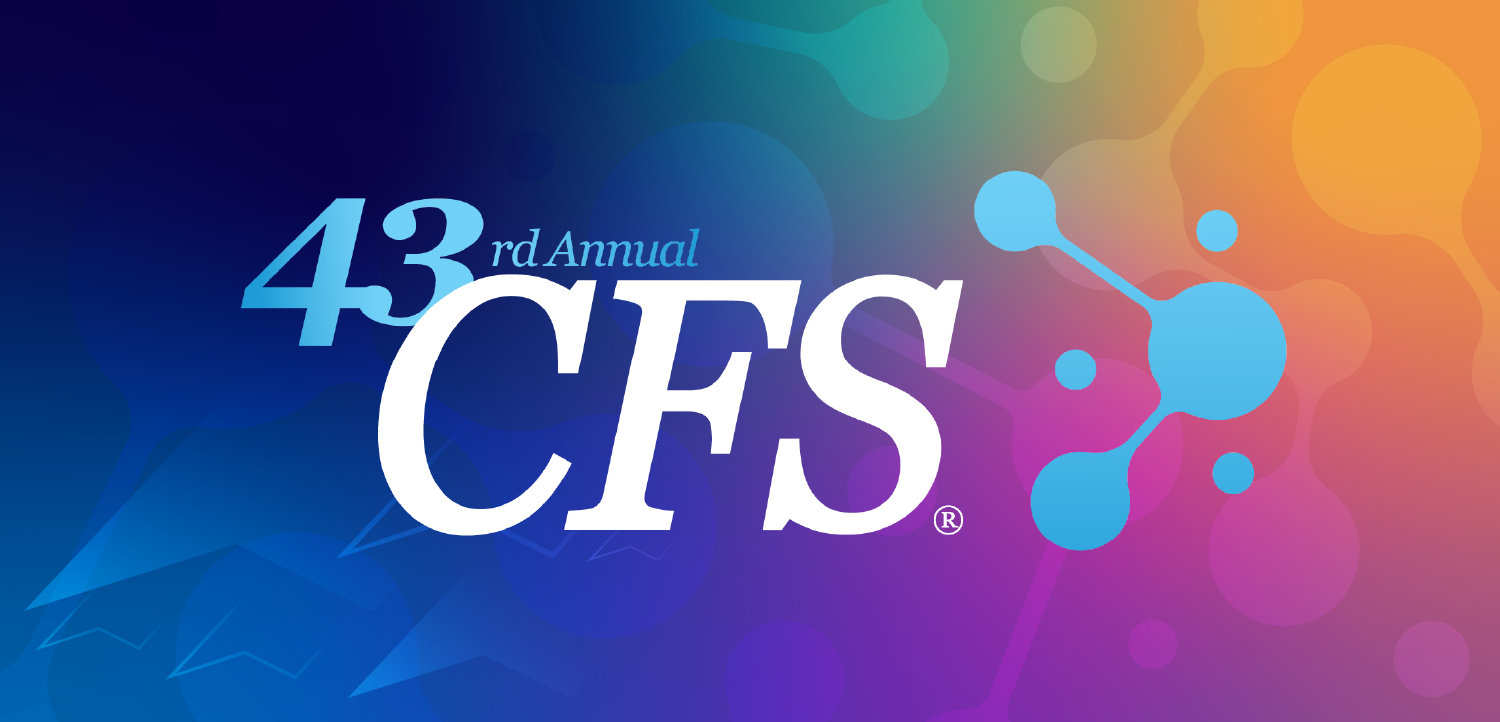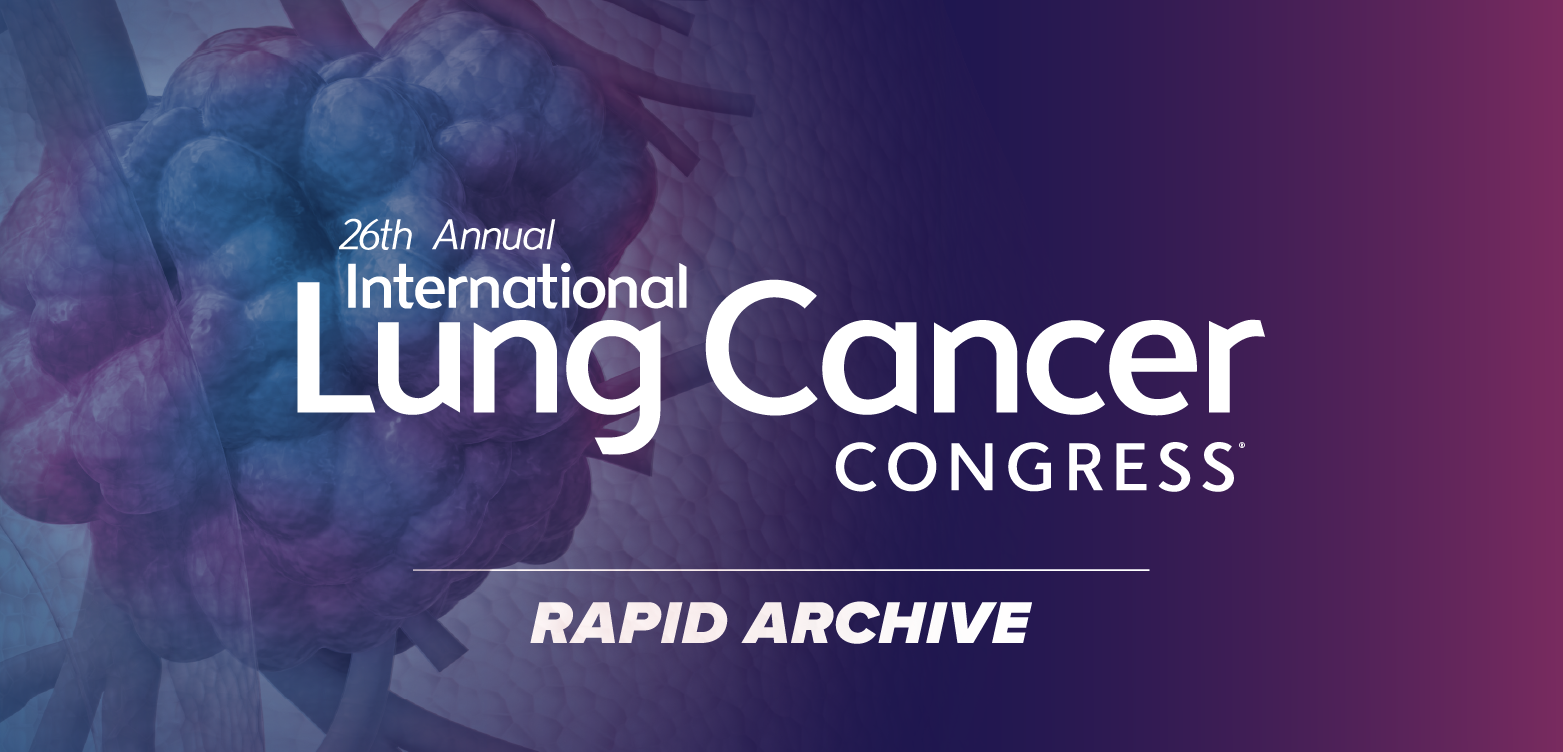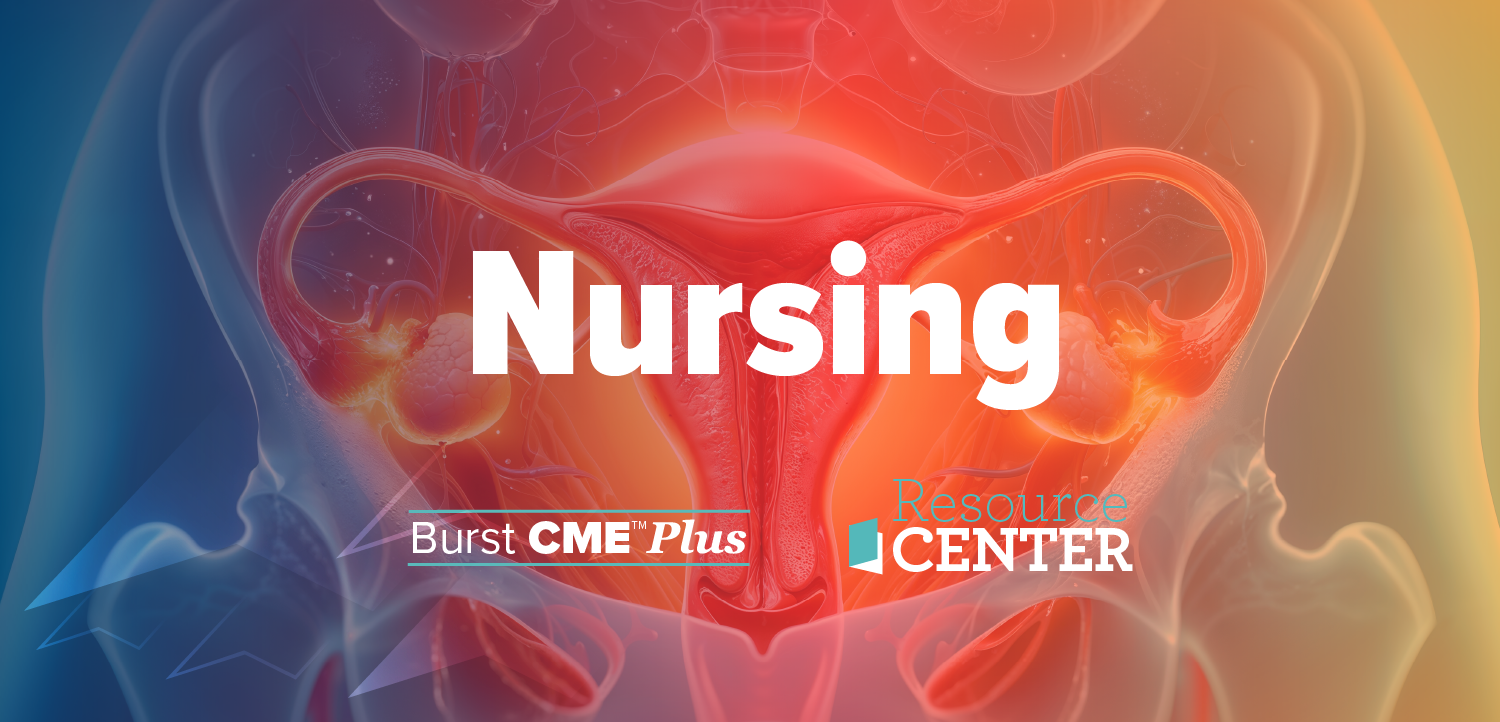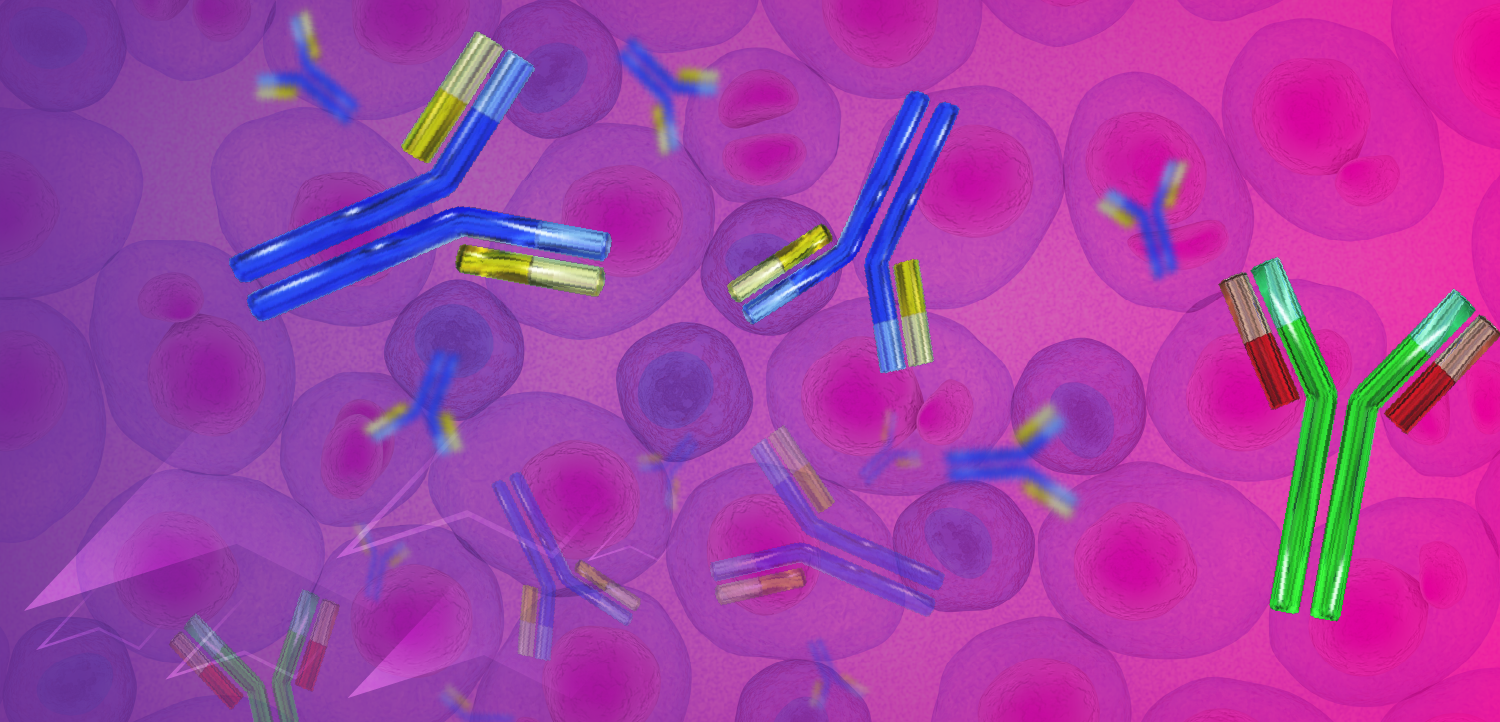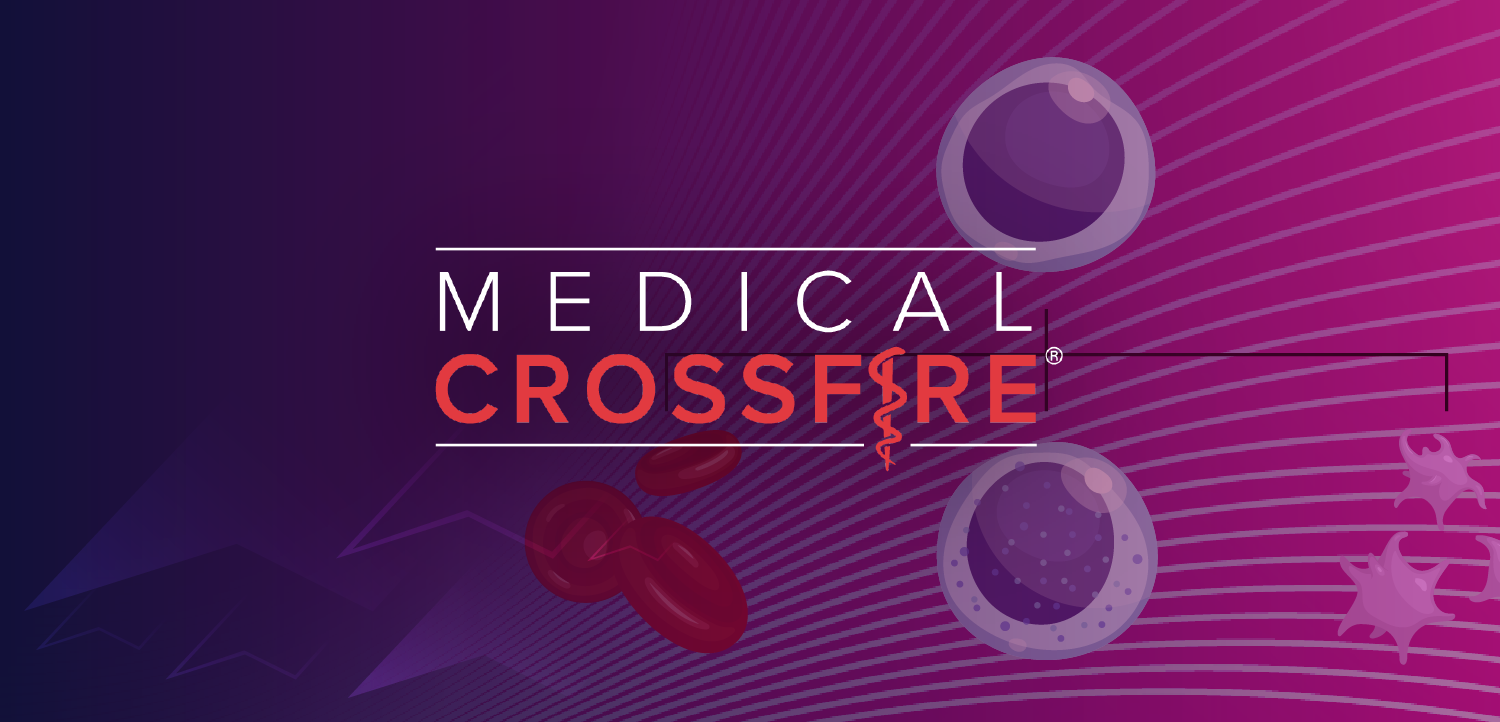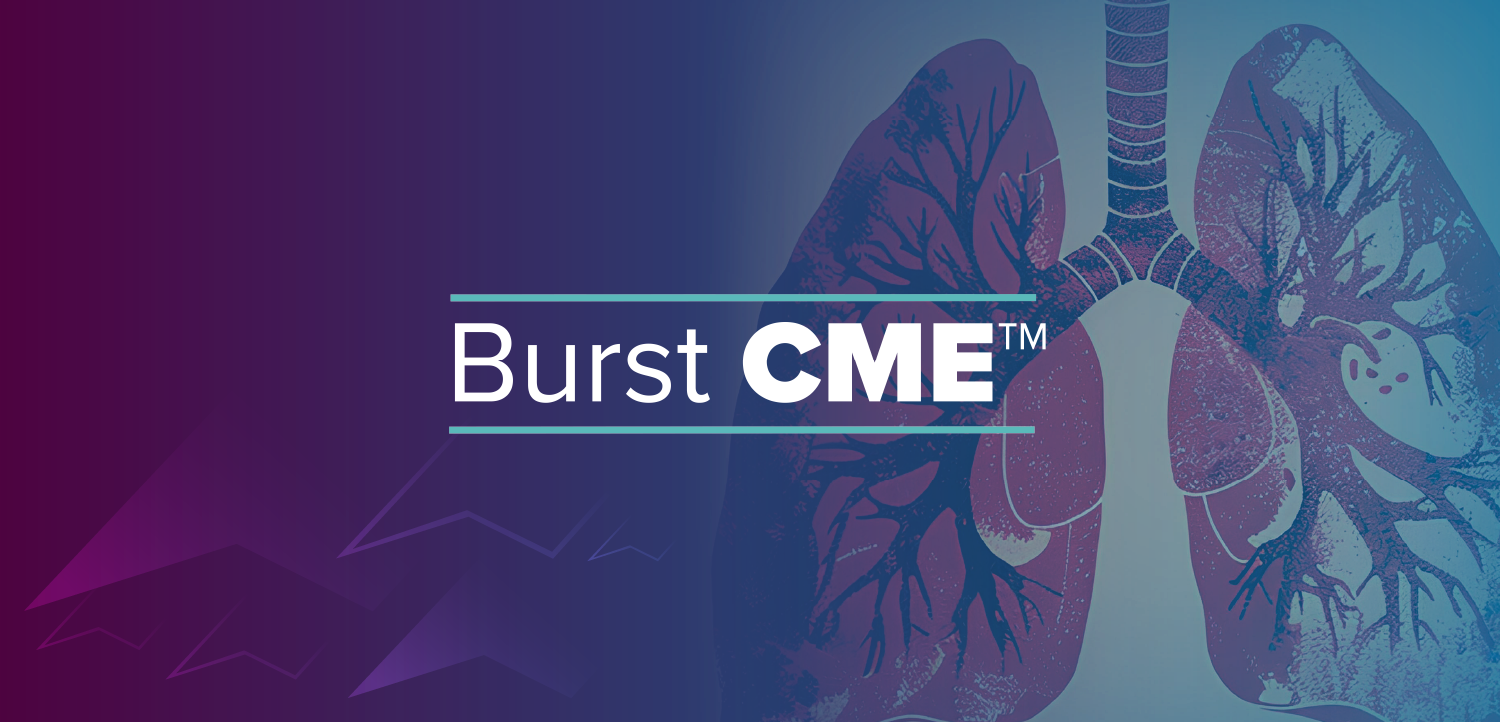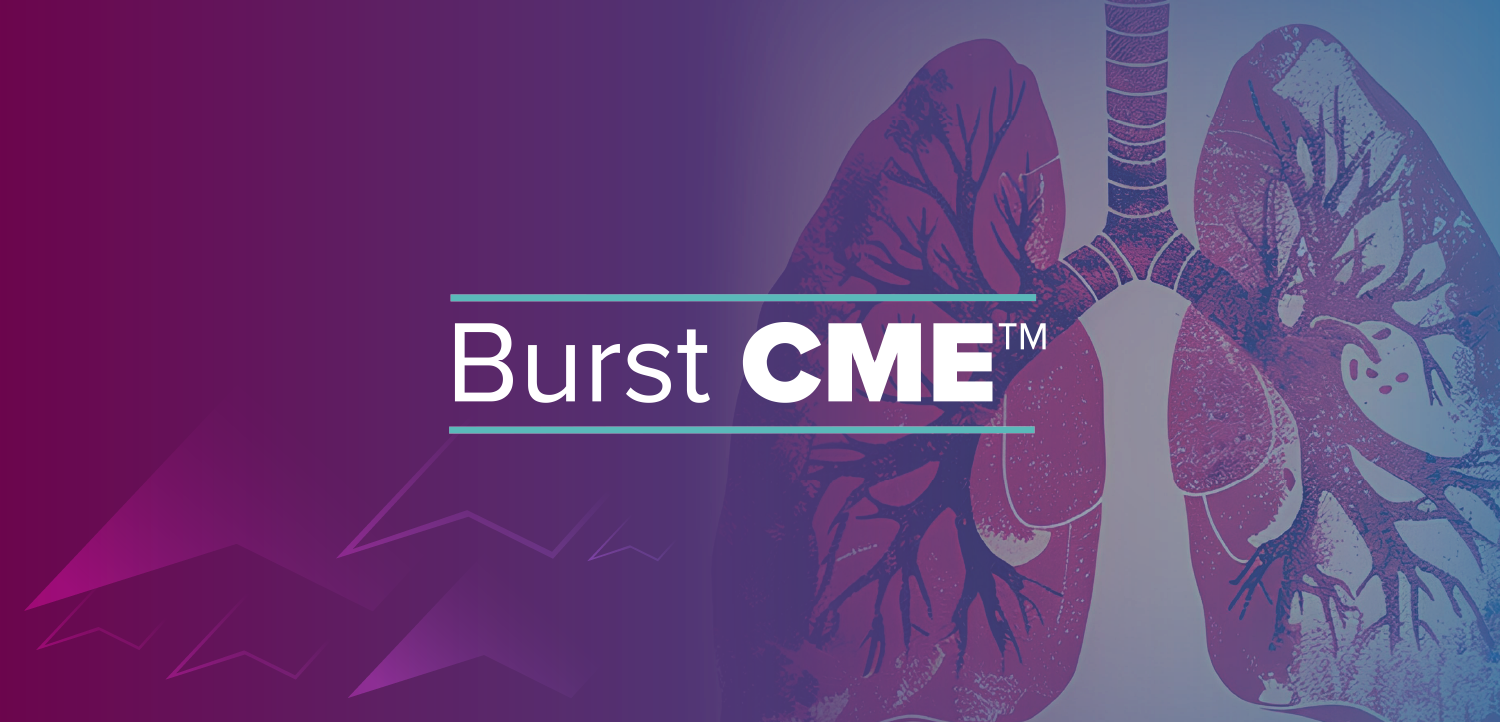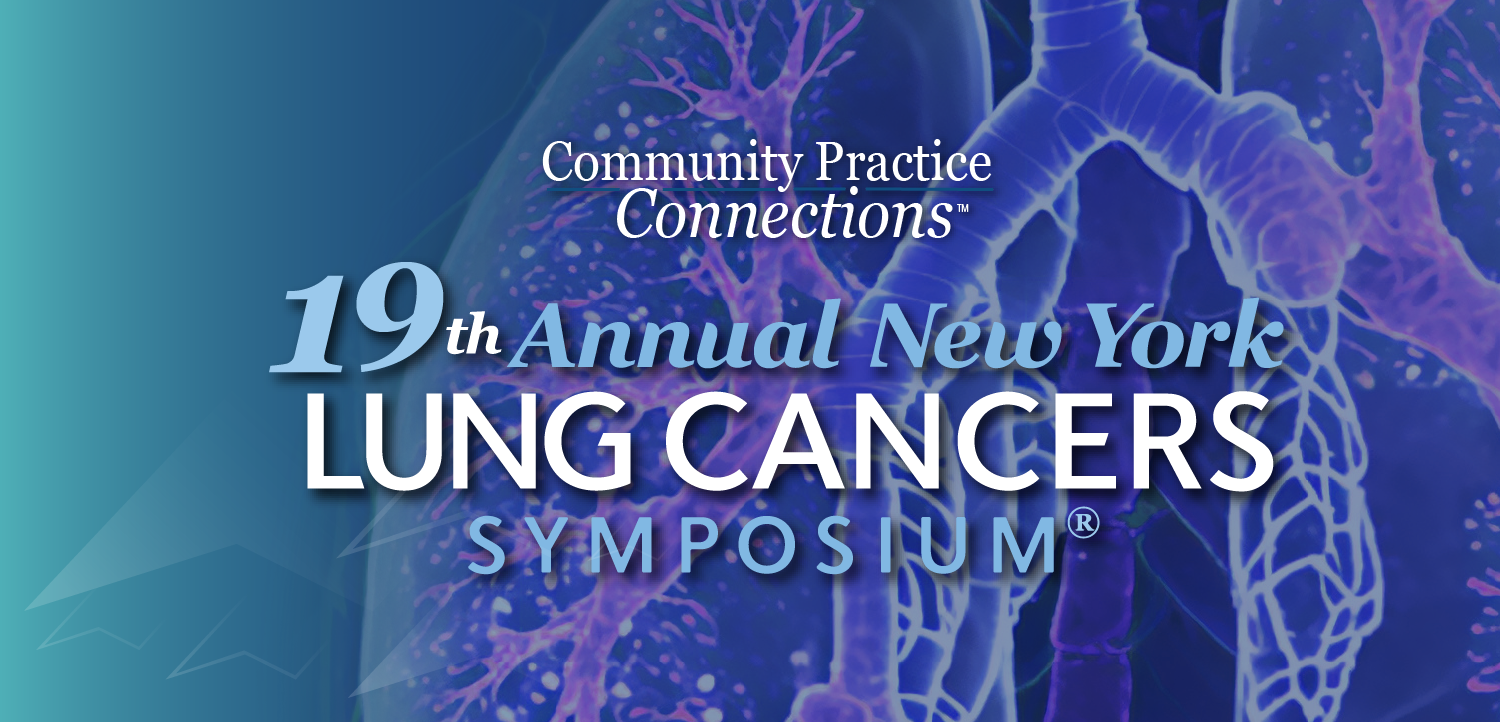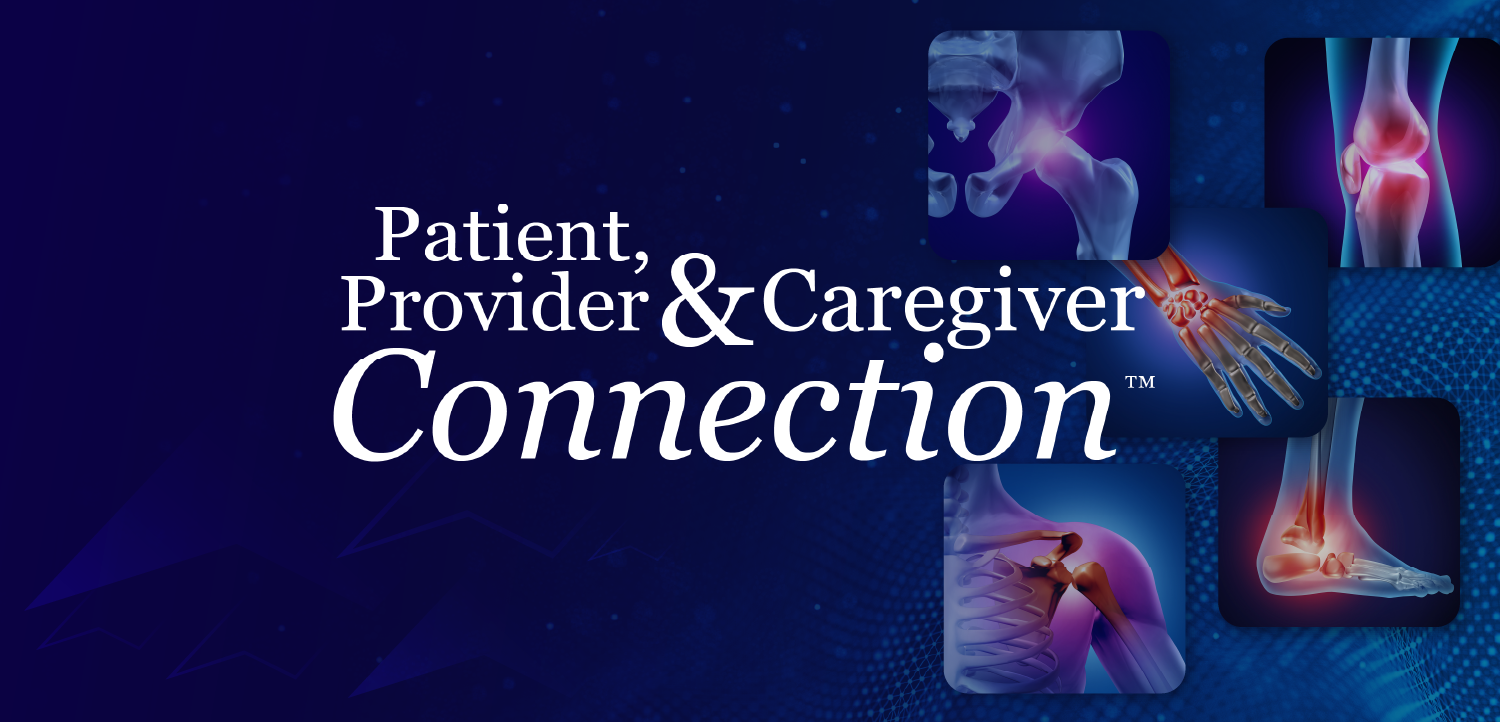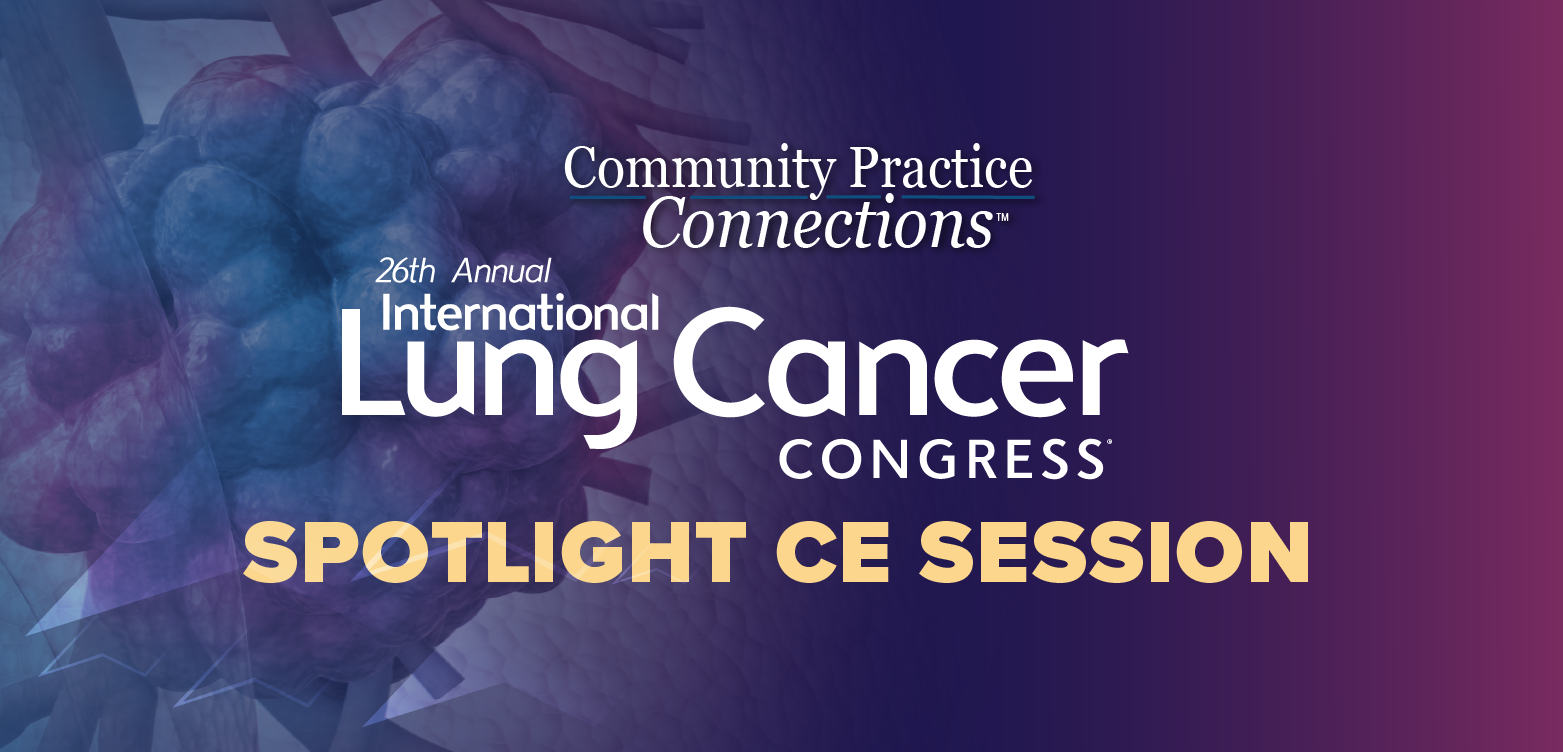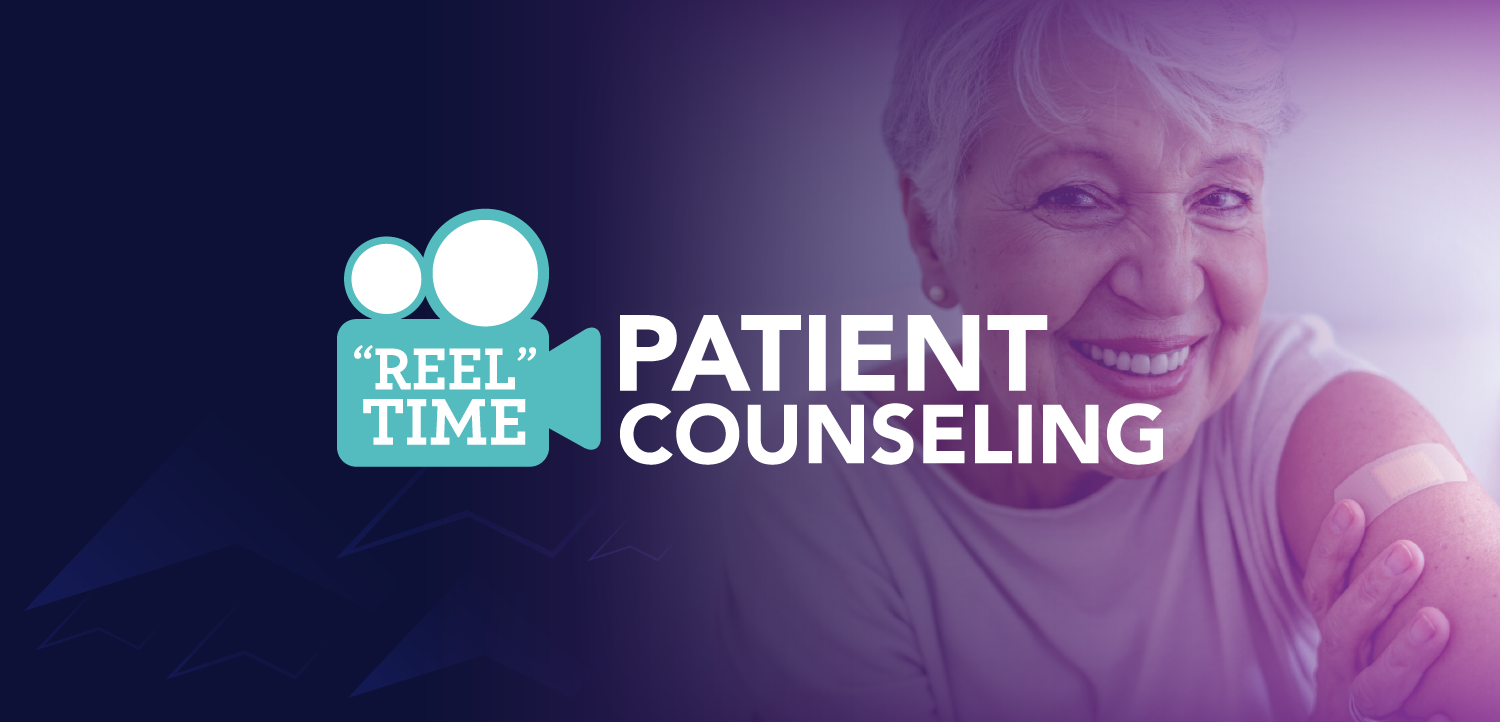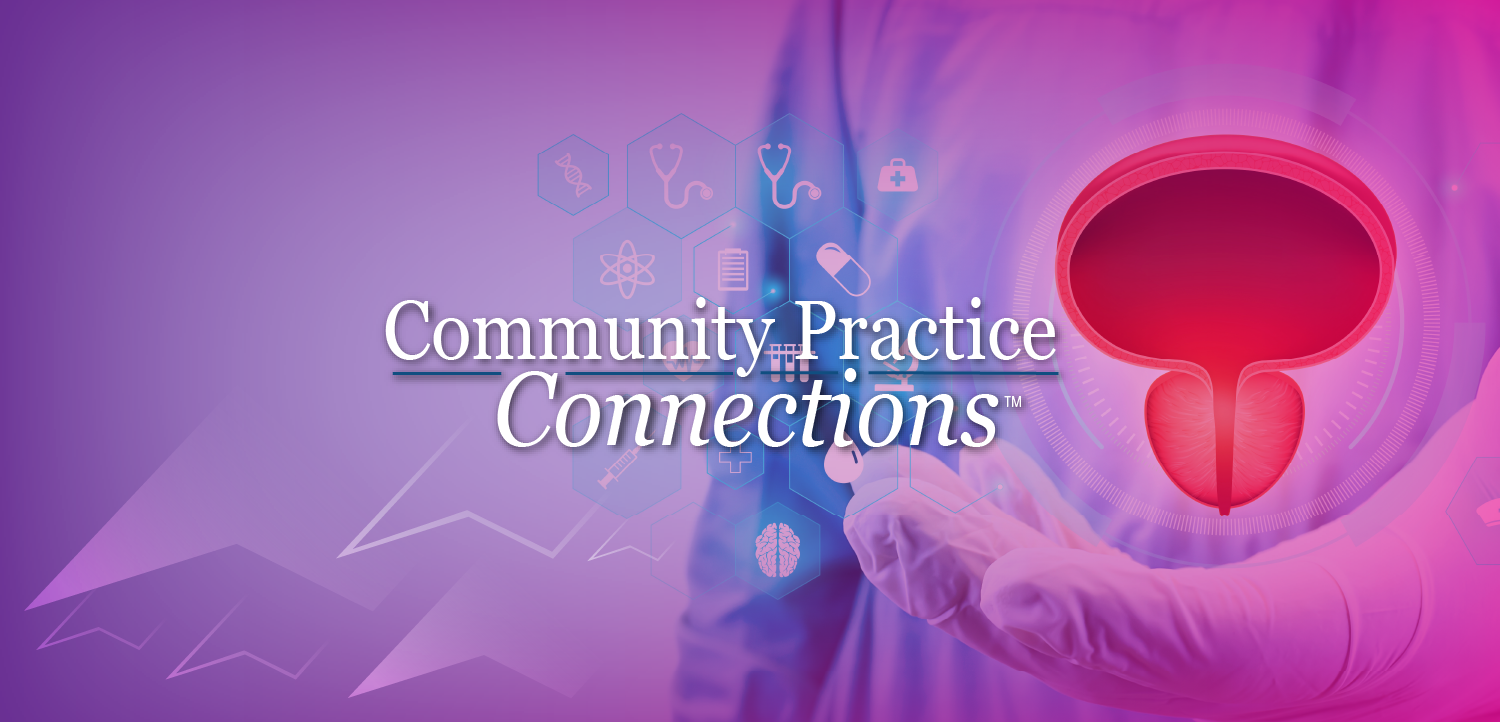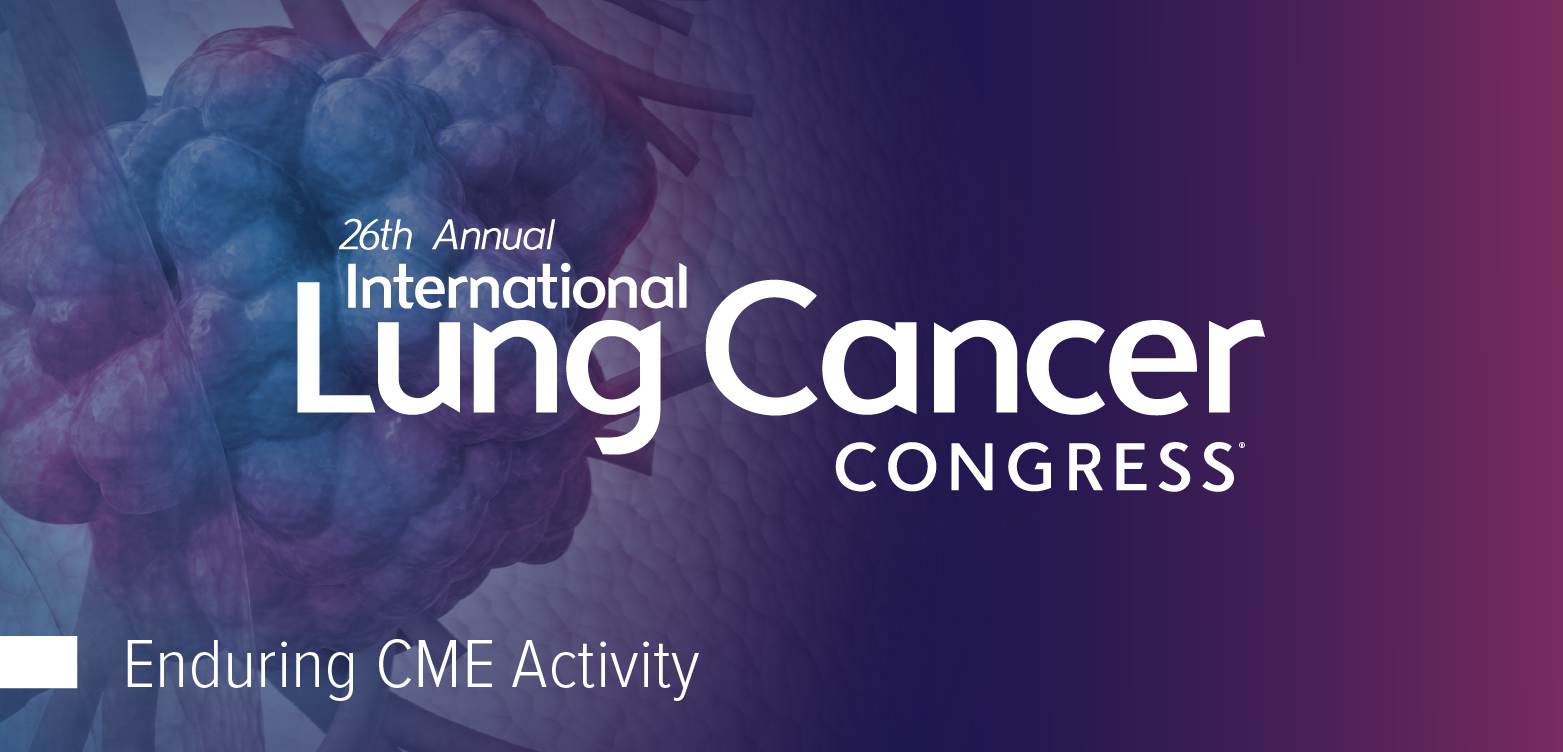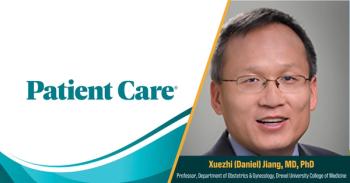
Inequities in MHT Prescribing Run Deep: A Conversation With Wake Forest's Anna Christine Cochrane, MD

TMS 2025: Cochrane explains the impetus behind 2 studies she has authored on the patient- and provider-level factors that influence MHT prescribing.
Despite the fact that up to 80% of women experience
"I realized
This educational deficit has real-world consequences: hormone therapy prescribing rates in the United States have remained persistently low since the 2002 Women's Health Initiative study, with only 3.8% of ambulatory care visits by midlife and older women in 2018-2019 involving hormone therapy prescriptions.2
"The historical teaching is just that hormones are bad and increase the risk of breast cancer, stroke, and clot. That's what we learn, Cochrane pointed out. Young clinicians don't look for additional training, she added, "Because if you're taught this is bad, don't prescribe it," why would you look further when your patient panel is full and there is so much else to do?
Cochrane decided to do her own research to learn more about how menopause hormone therapy is managed in the real world and how characteristics of the prescribing clinicians and the menopausal patients might influence that. She spoke in more detail about her decision to look more closely and deeply at a situation that could lead to harm.
The following transcript has been lightly edited for style and flow.
Patient Care: What was the impetus behind your studies that looked at the prescriber- and patient-level factors that influence whether women receive evidence-based pharmacologic therapy for menopausal symptoms?
Anna Christine Cochrane, MD: I finished my research fellowship just about three and a half years ago. As I've started my career and developed my practice, it has ended up being a lot more patients who come to me with menopause-related symptoms than I anticipated. It's not something that we generally see a lot of during training. In practice, it's been a lot more of my patient population, a lot more of the questions that people bring to me. And I realized how little training I got during my residency to be able to provide my patients with good answers, provide them with good treatment. There's been a lot of work that I've had to do after my residency to get that education for myself, to go out on my own to figure out what are the good resources for this, what is the correct information, how can I best provide my patients that evidence. And then I realized that's really hard to do as a full-time practicing physician, to seek out additional training.
The historical teaching is just that hormones are bad and increase the risk of breast cancer and stroke and clot. That tends to be what we learn. People don't pursue extra training in this. They don't go look into it more because if you're taught this is bad, don't prescribe it, why would you then look more into it later when there are so many other things pulling at us? As I've learned in my practice, this is affecting a large part of our population. In the absence of our being able to provide our patients with good information, they go elsewhere for it. They're going to other sources that may not include those evidence-based resources that we have the opportunity to provide.
It made me wonder how many of us are comfortable prescribing these medications, how many of us do prescribe these medications, are our patients getting it from us or are they not? And it made me think that the problem is probably really big and takes up a large part of our prescribing population, but I don't know that for sure. In order to solve any problem, you have to define that problem. That's what I wanted to do with this, start to look at what is the landscape of our prescribing patterns right now so that I could figure out are there places that I could work towards improvement with future research.
References
- Allen JT, Laks S, Zahler-Miller C. Needs assessment of menopause education in United States obstetrics and gynecology residency training programs. Menopause. 2023;30(10):1002‑1005. doi:10.1097/GME.0000000000002234
- Sobel TH, Lisha NE, Huang AJ. Menopause hormone therapy prescribing in ambulatory care visits among midlife and older U.S. women from 2018 to 2019. Maturitas. 2024;184:107997. doi:10.1016/j.maturitas.2024.107997
- Zahn K, Pittman A, Conklin J, Knittel A, Neal-Perry G. Disparities in menopausal care in the United States: a systematic review. Maturitas. 2024;186:108021. doi:10.1016/j.maturitas.2024.108021
Newsletter
Enhance your clinical practice with the Patient Care newsletter, offering the latest evidence-based guidelines, diagnostic insights, and treatment strategies for primary care physicians.




